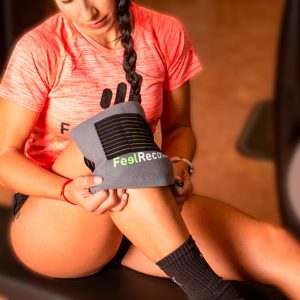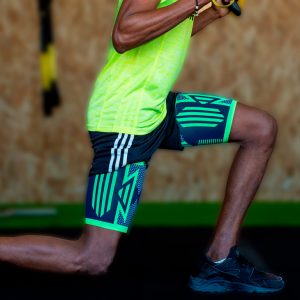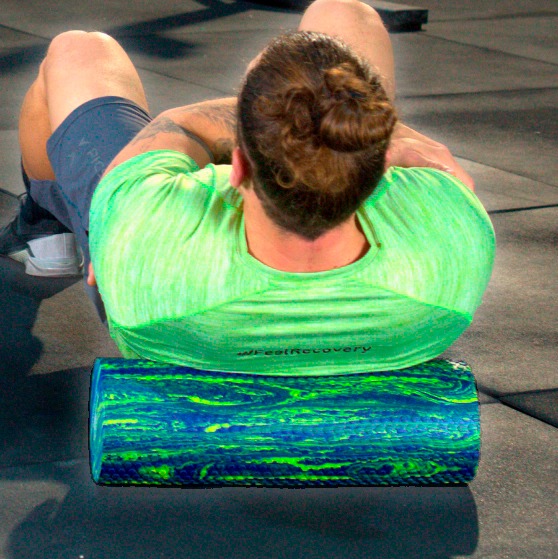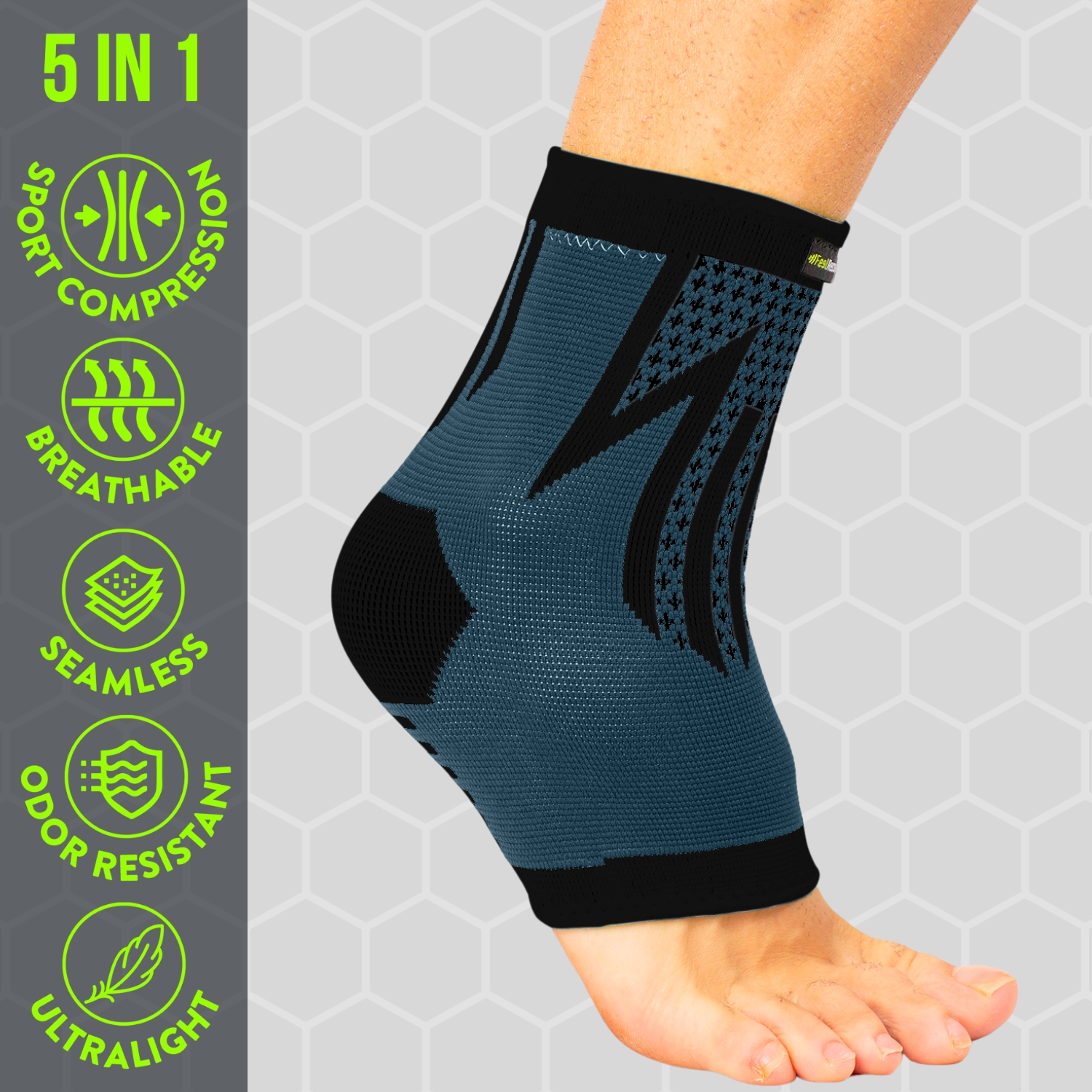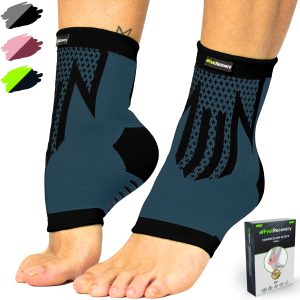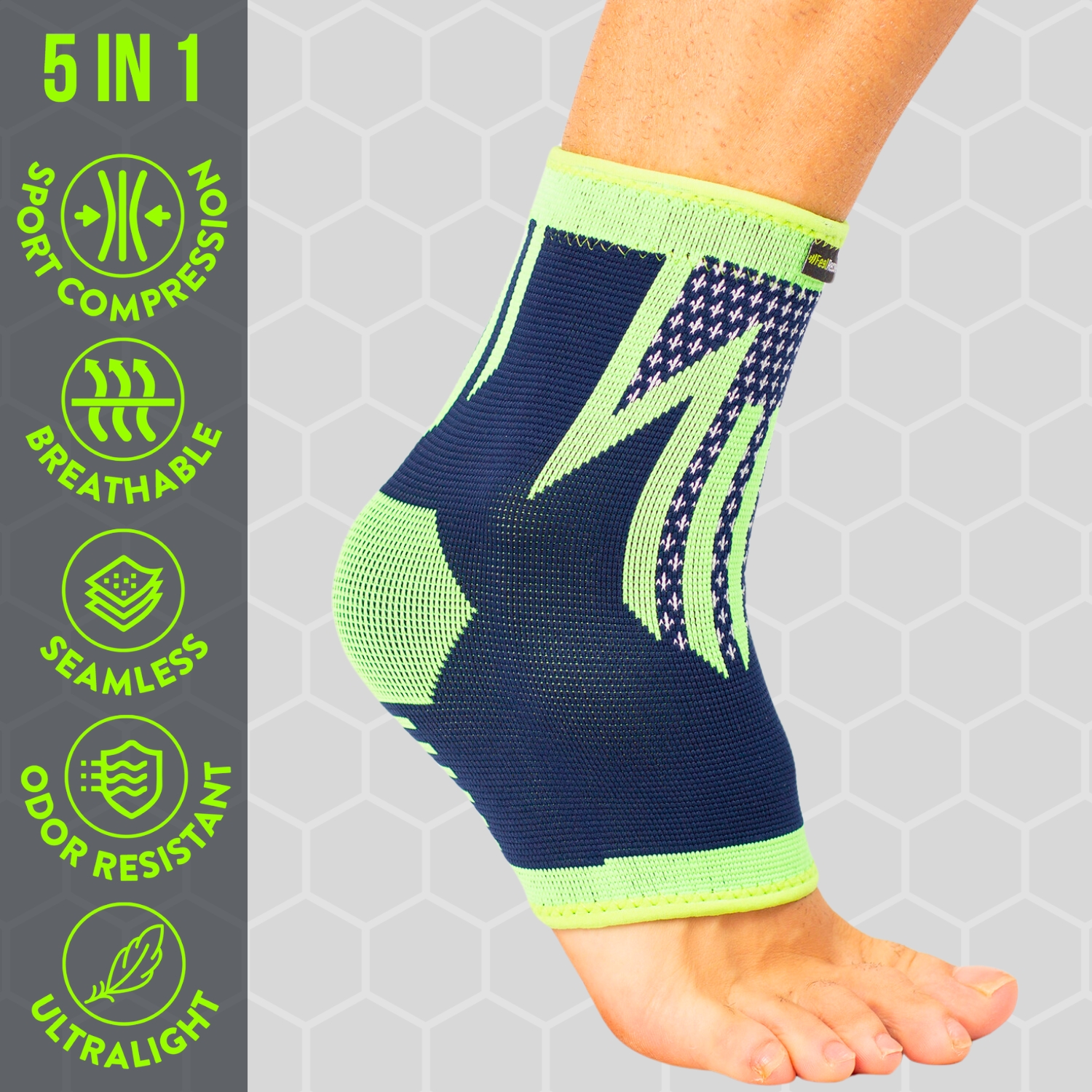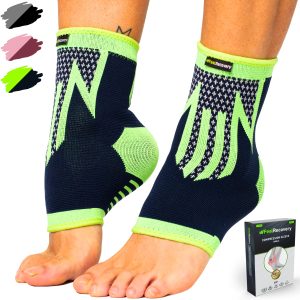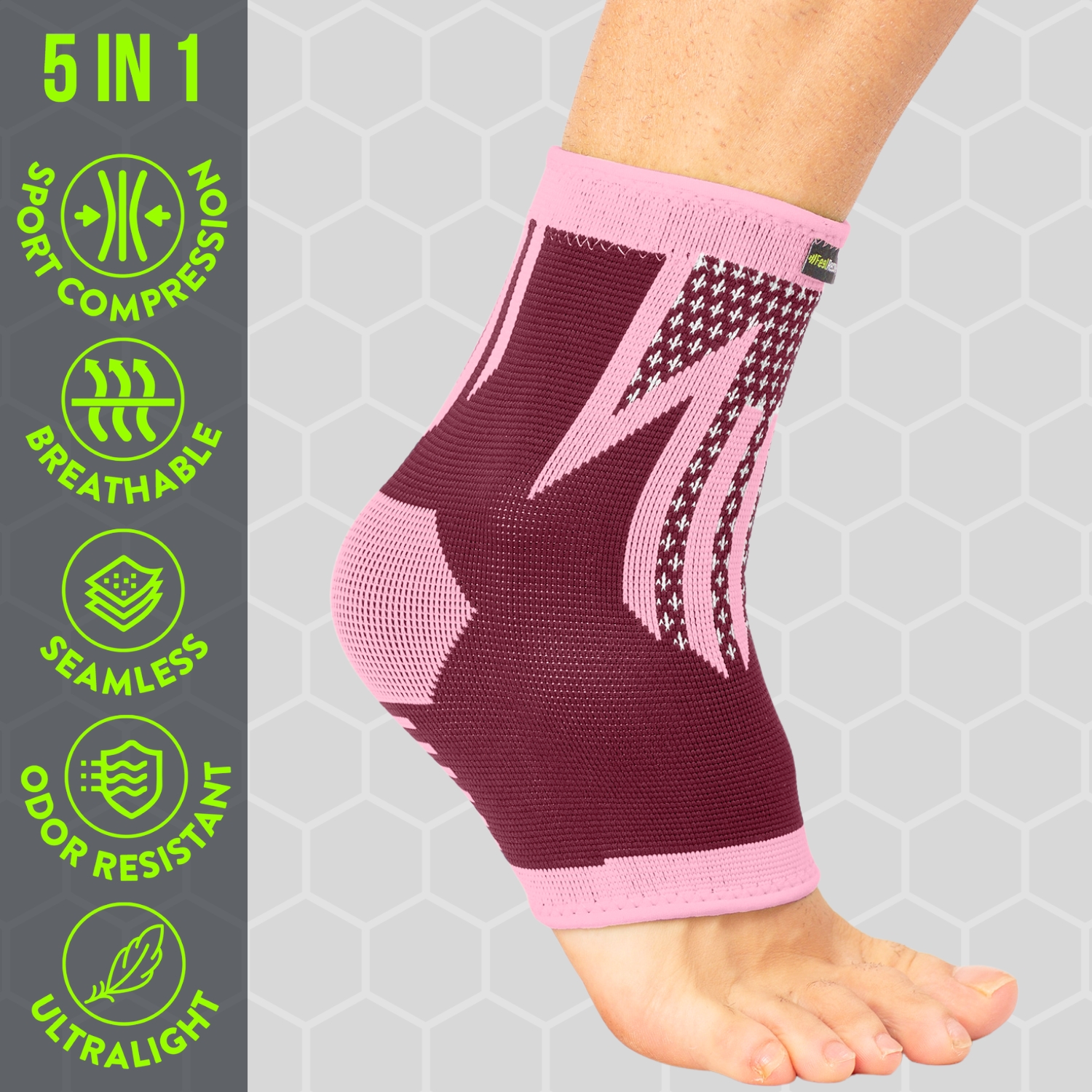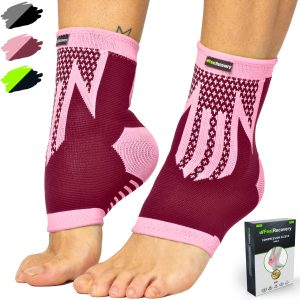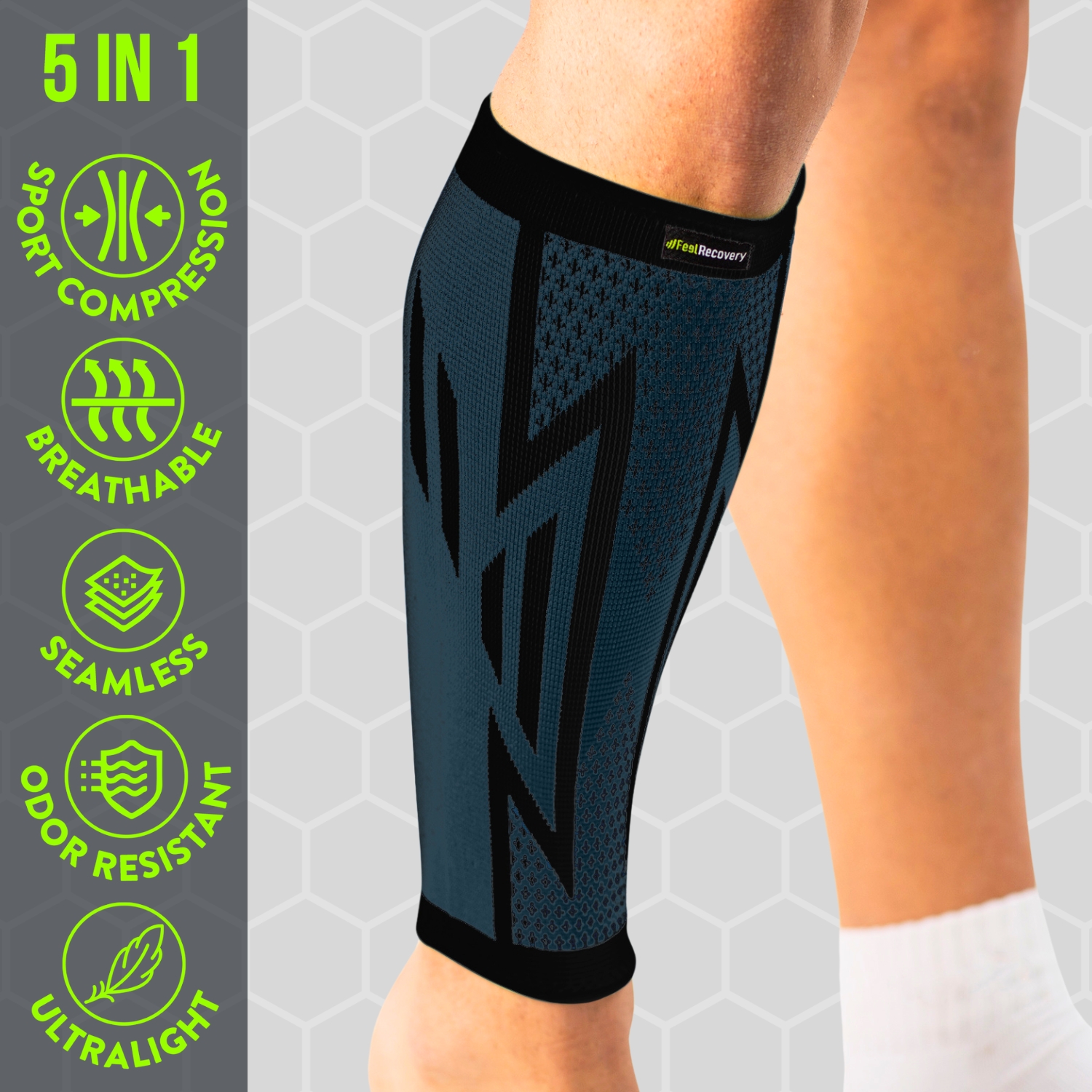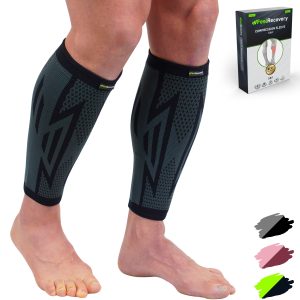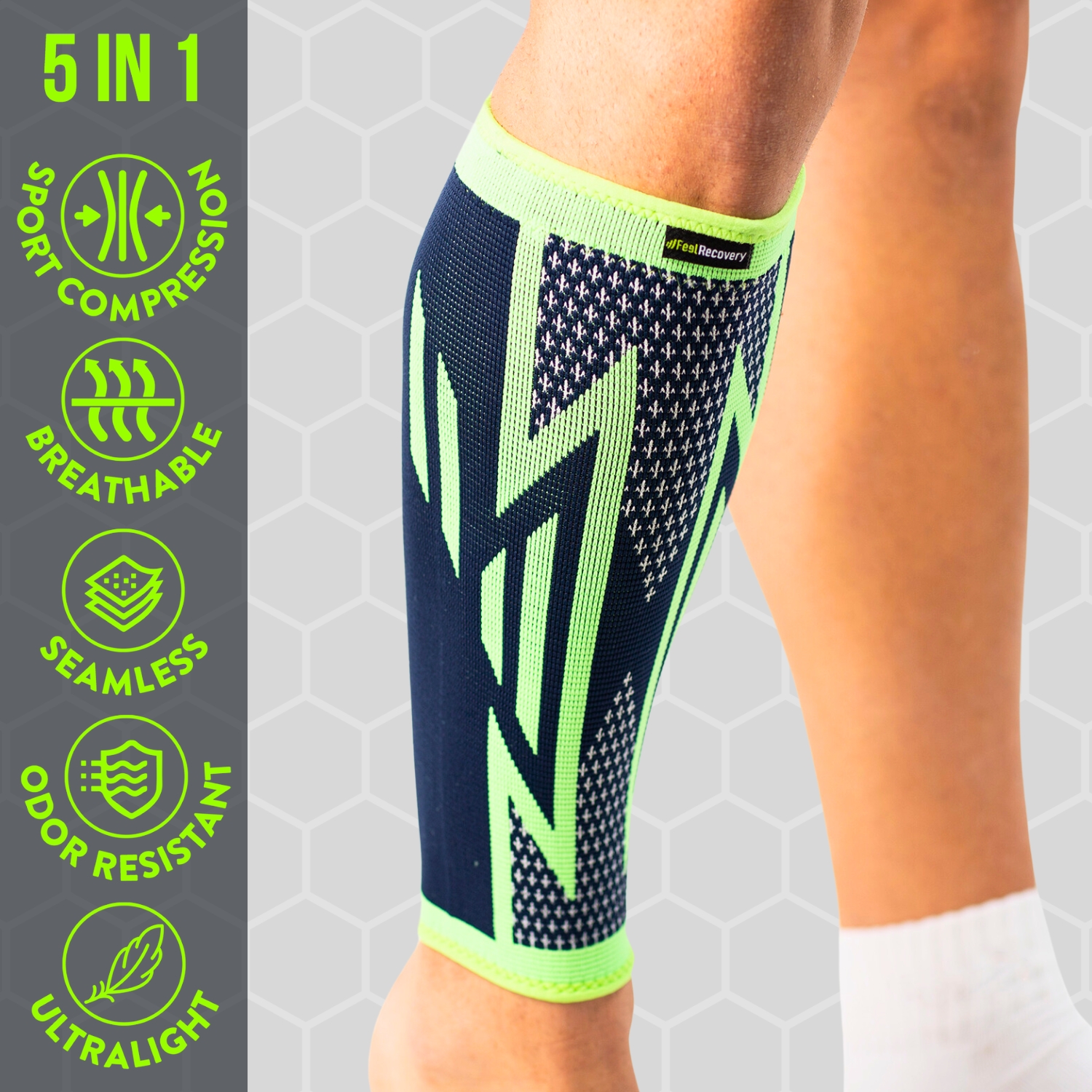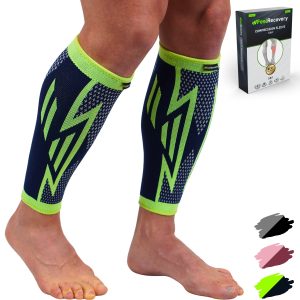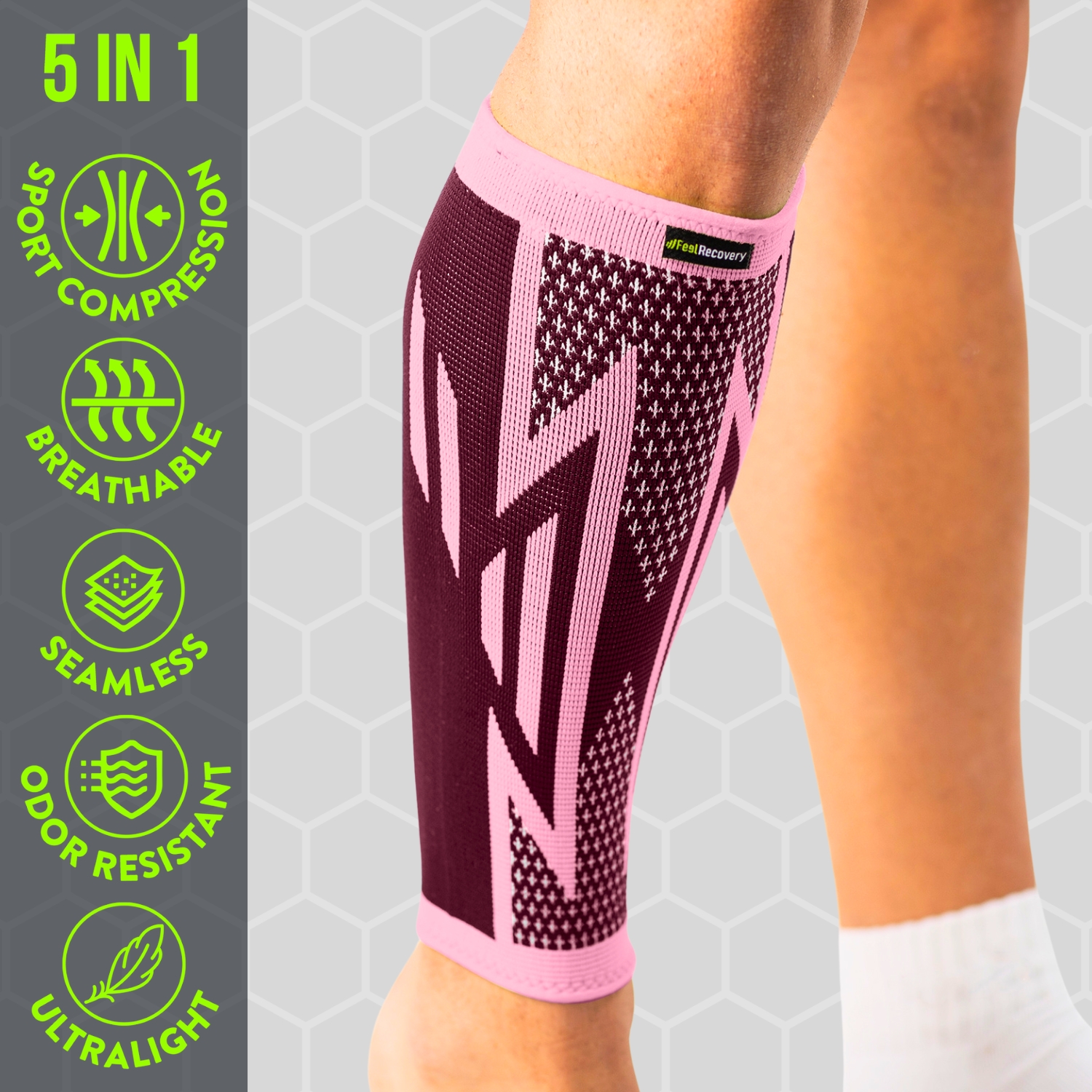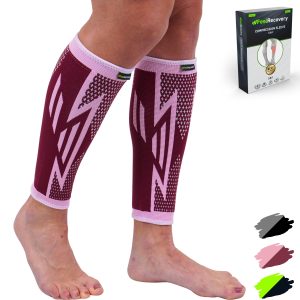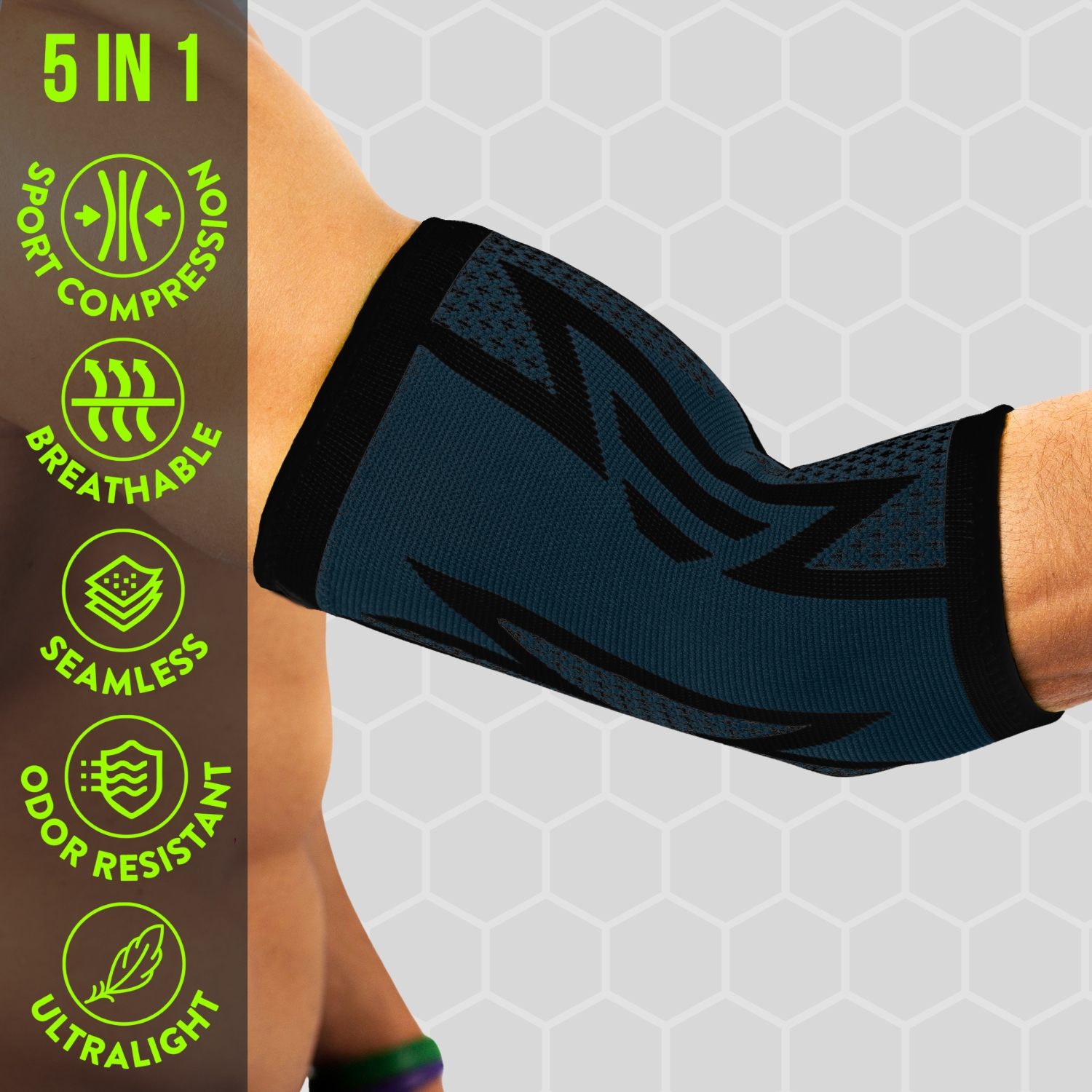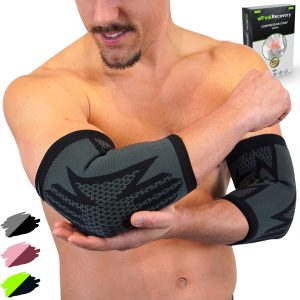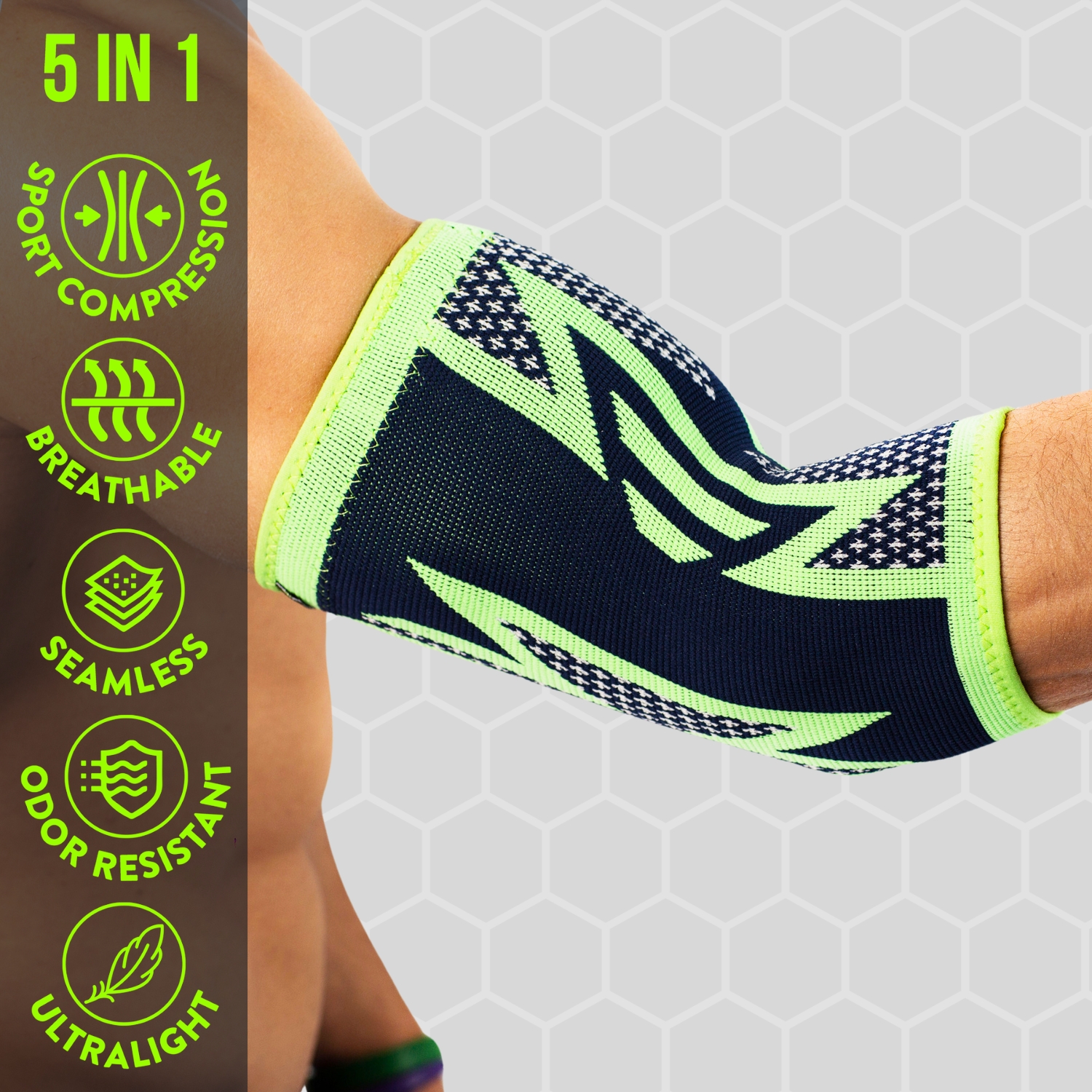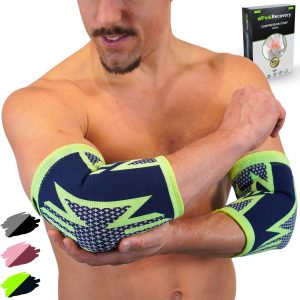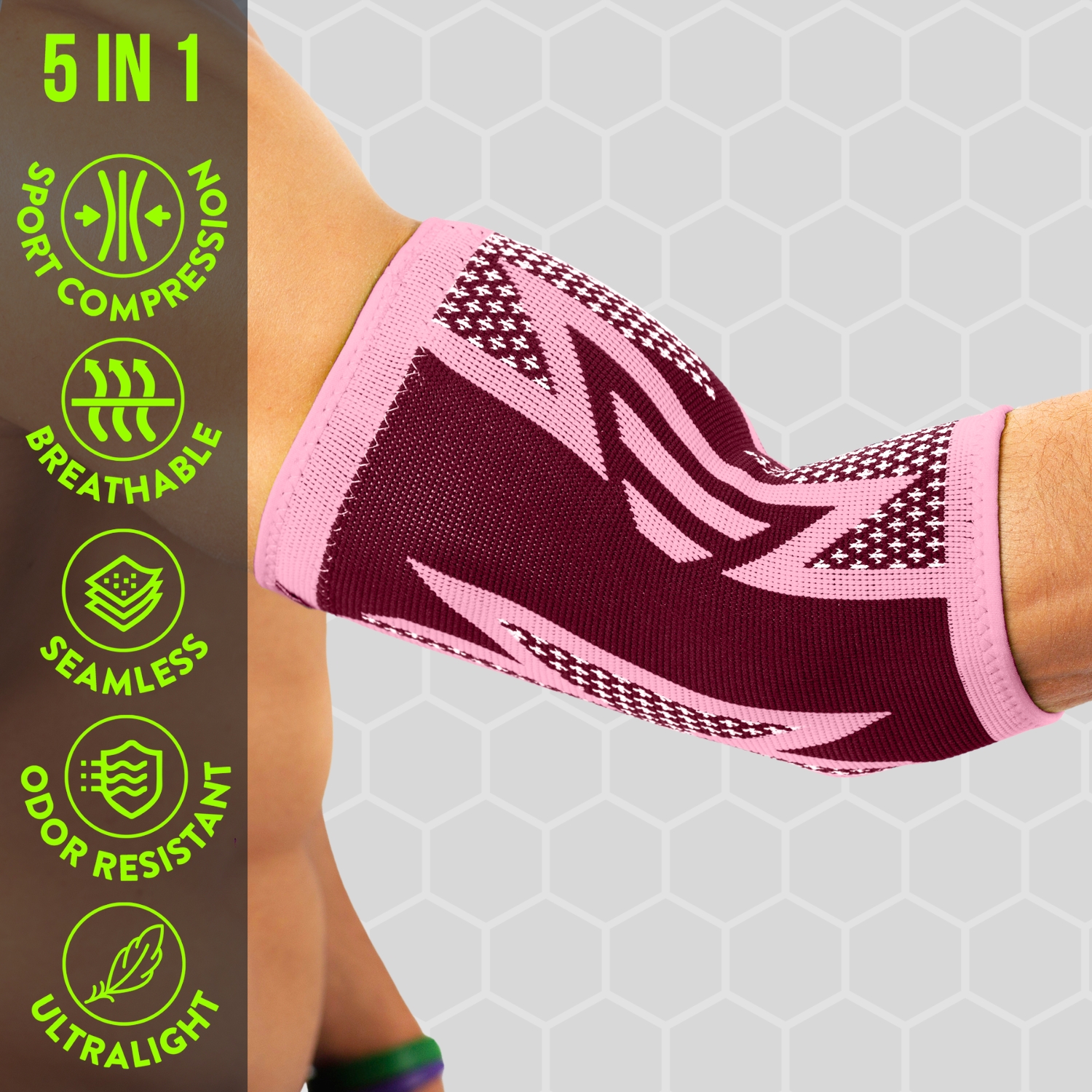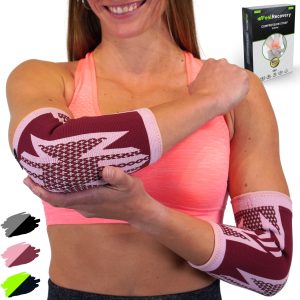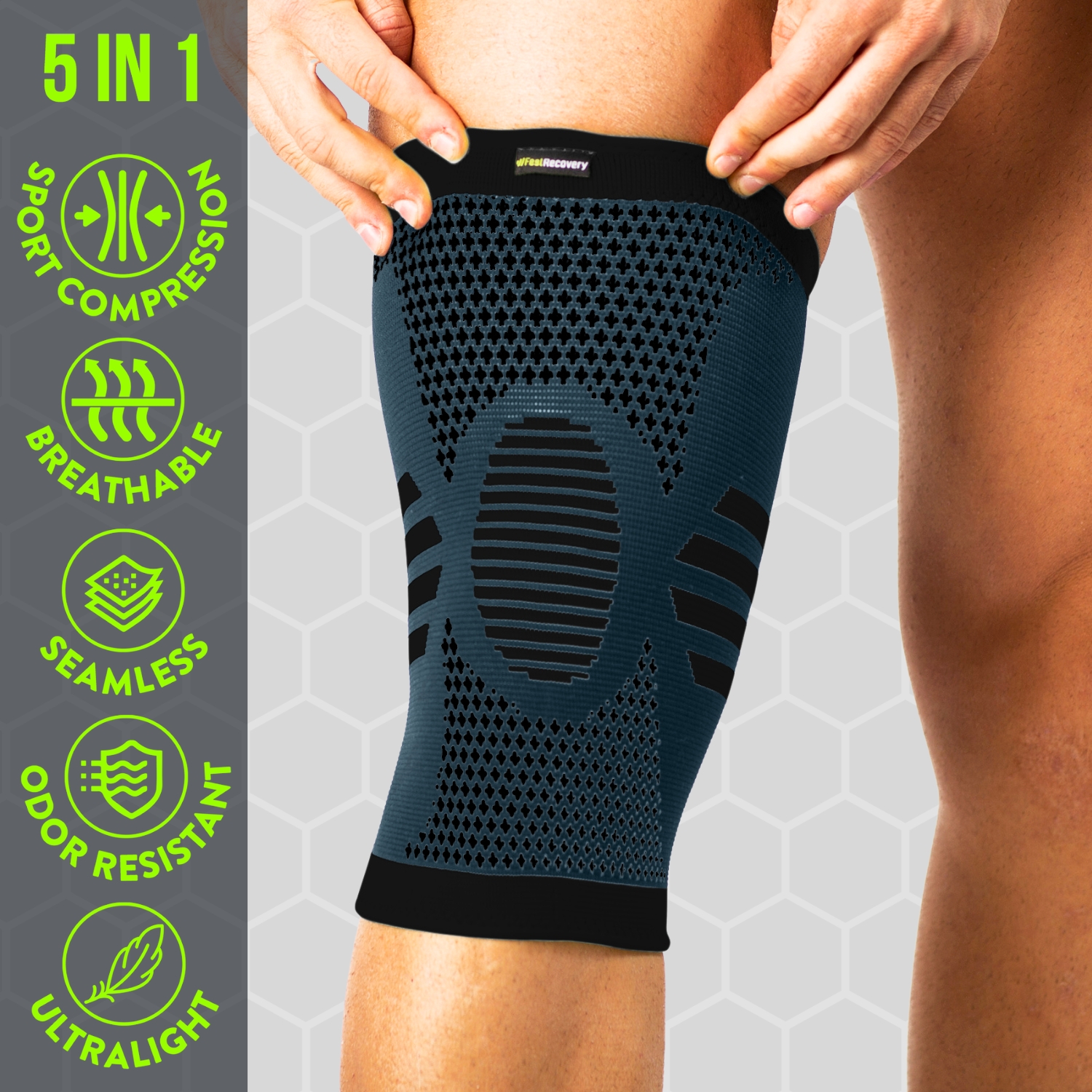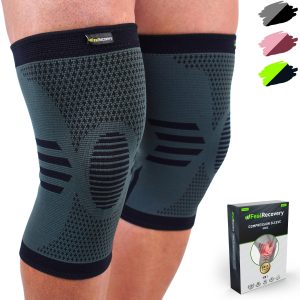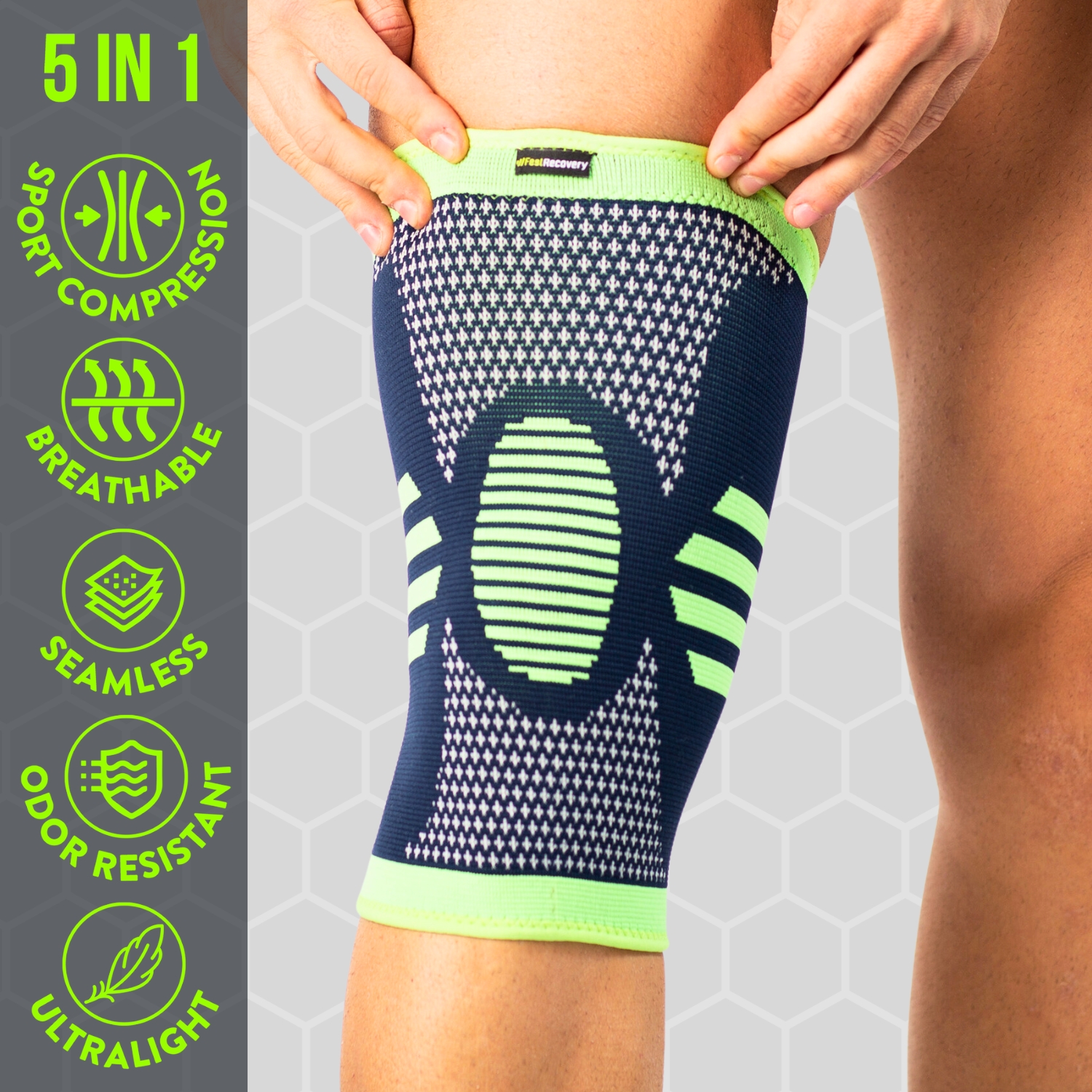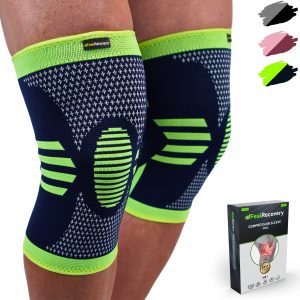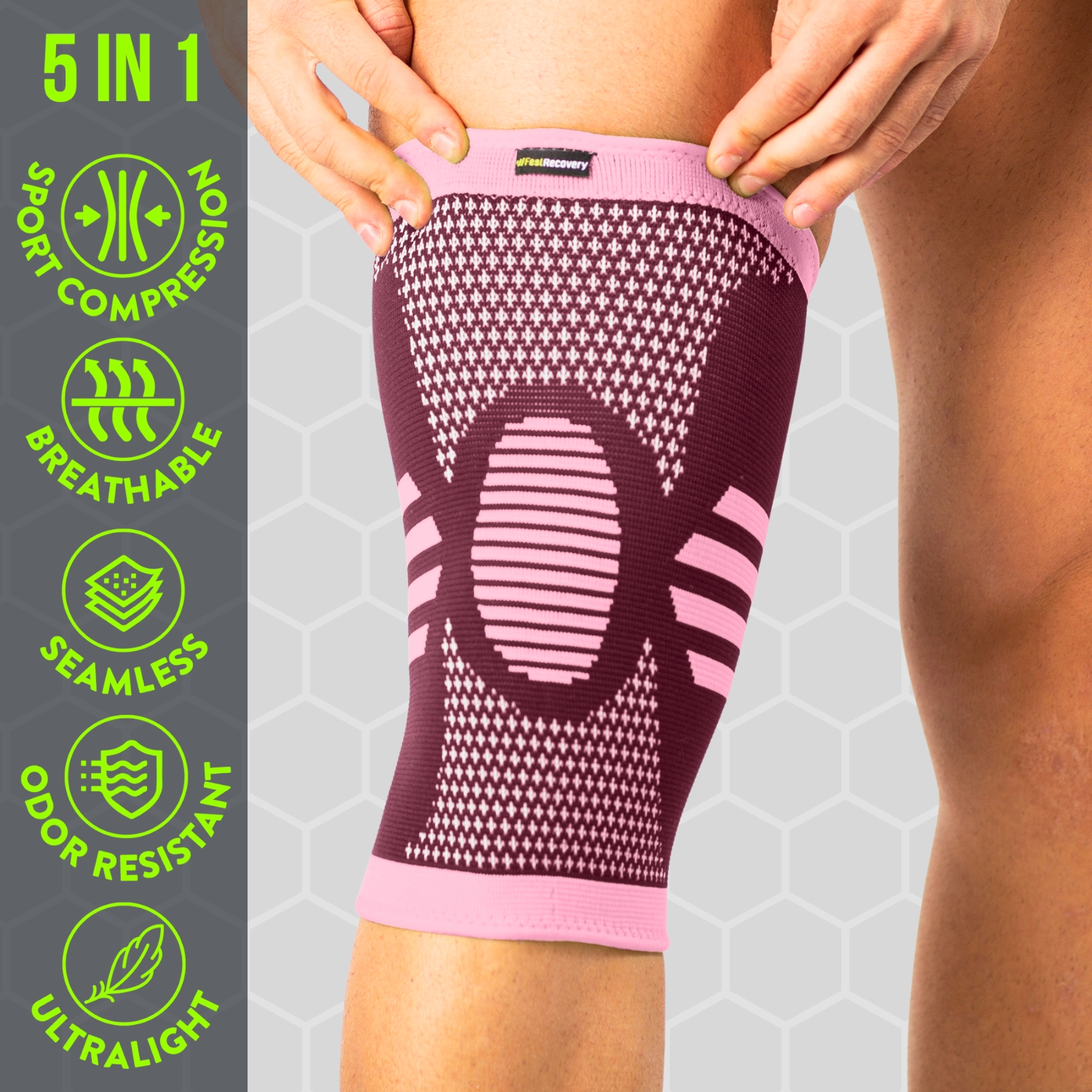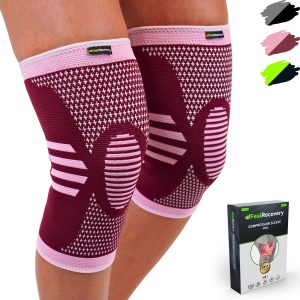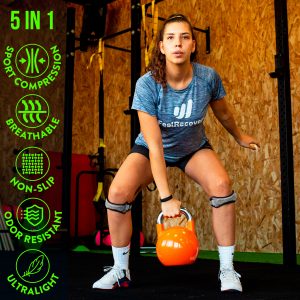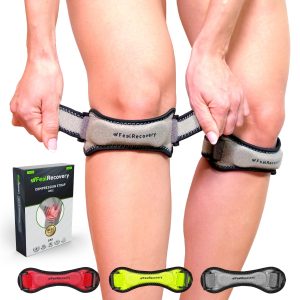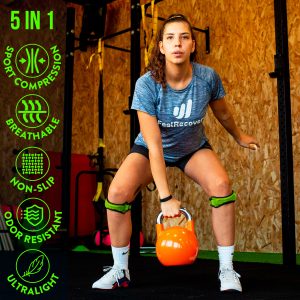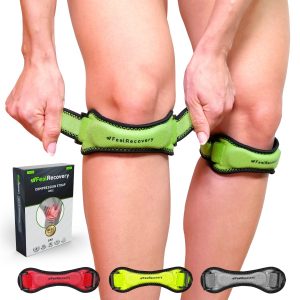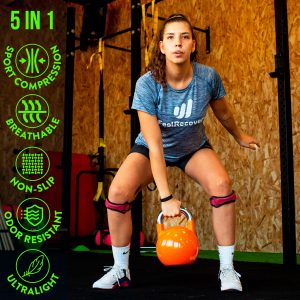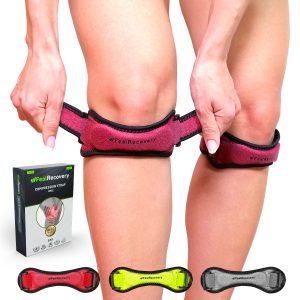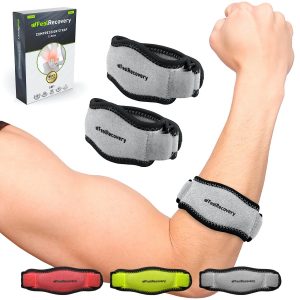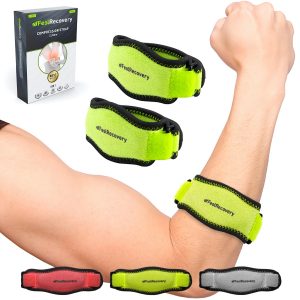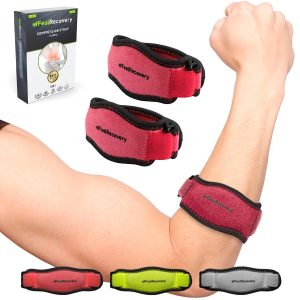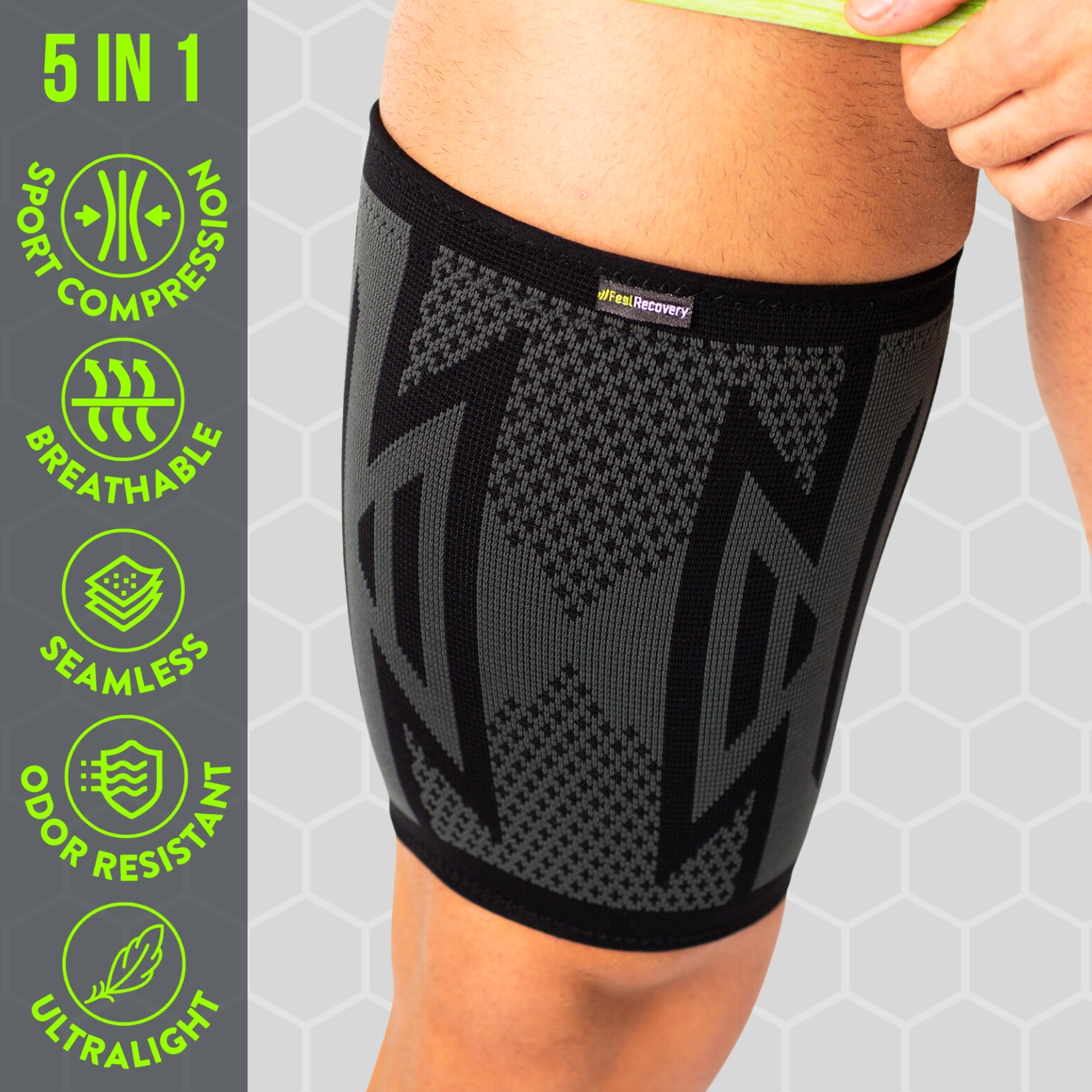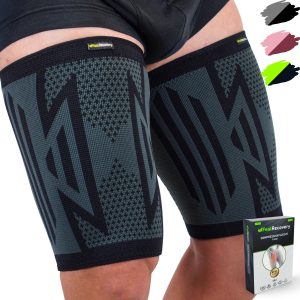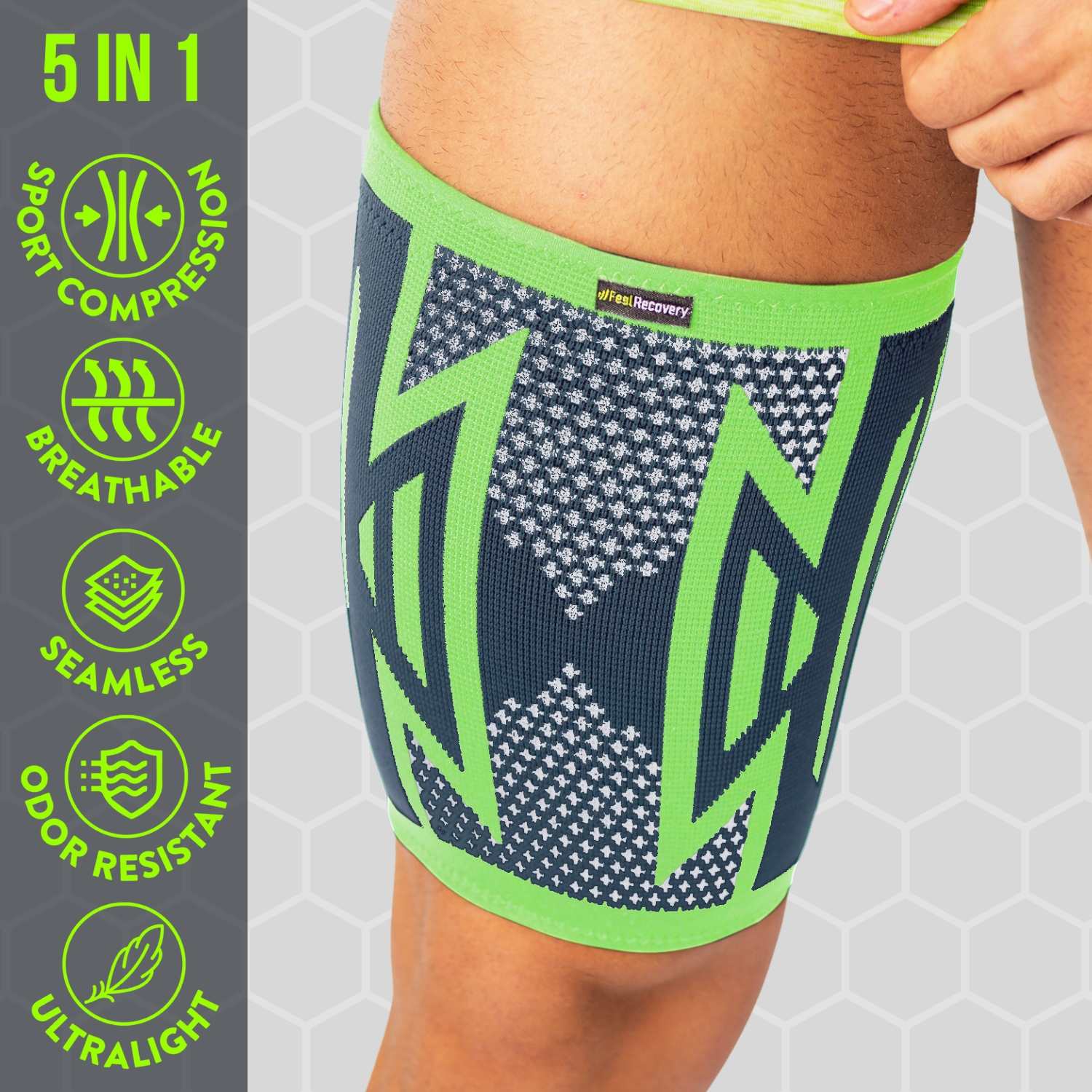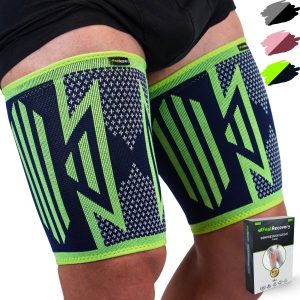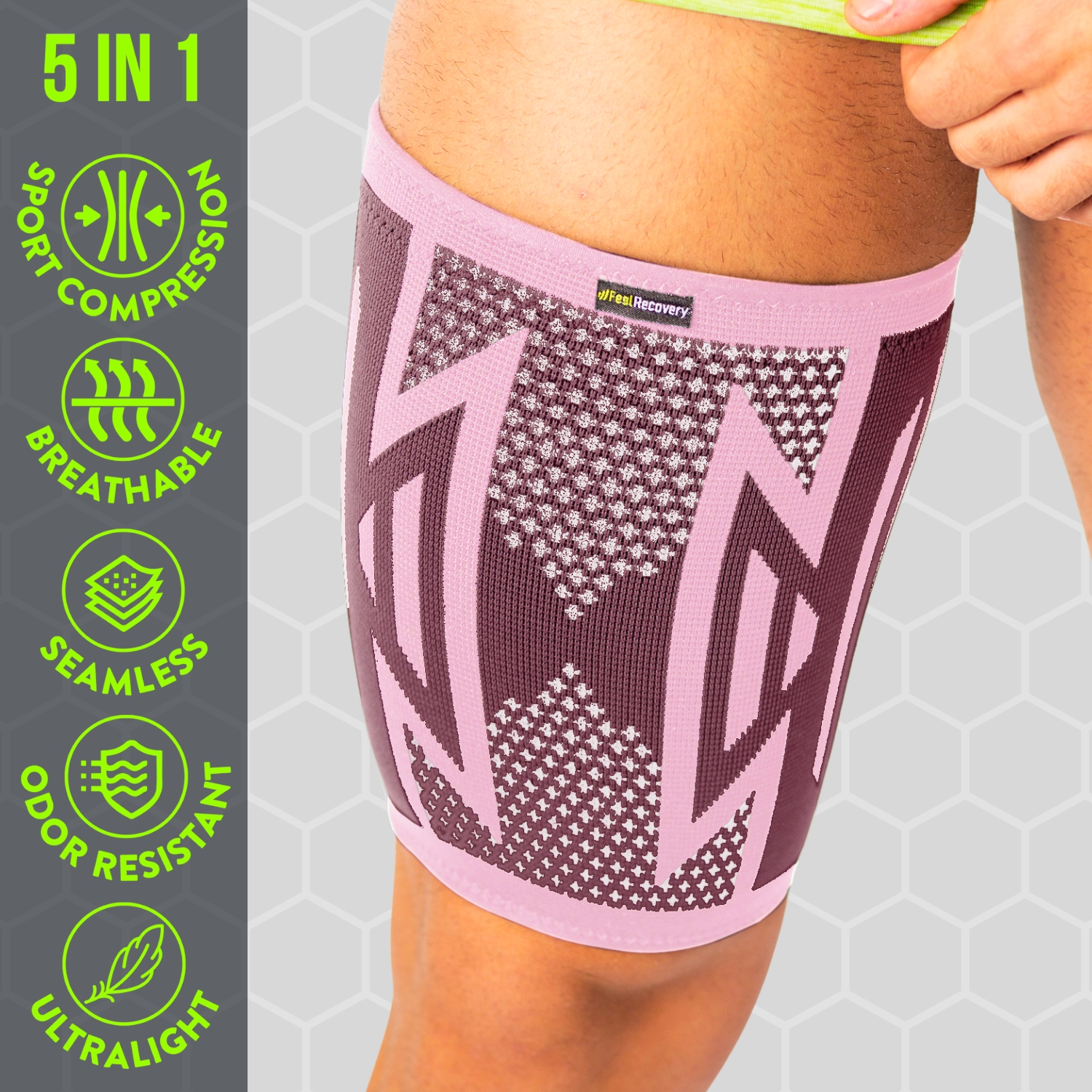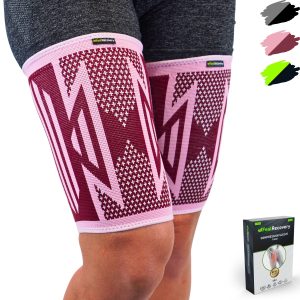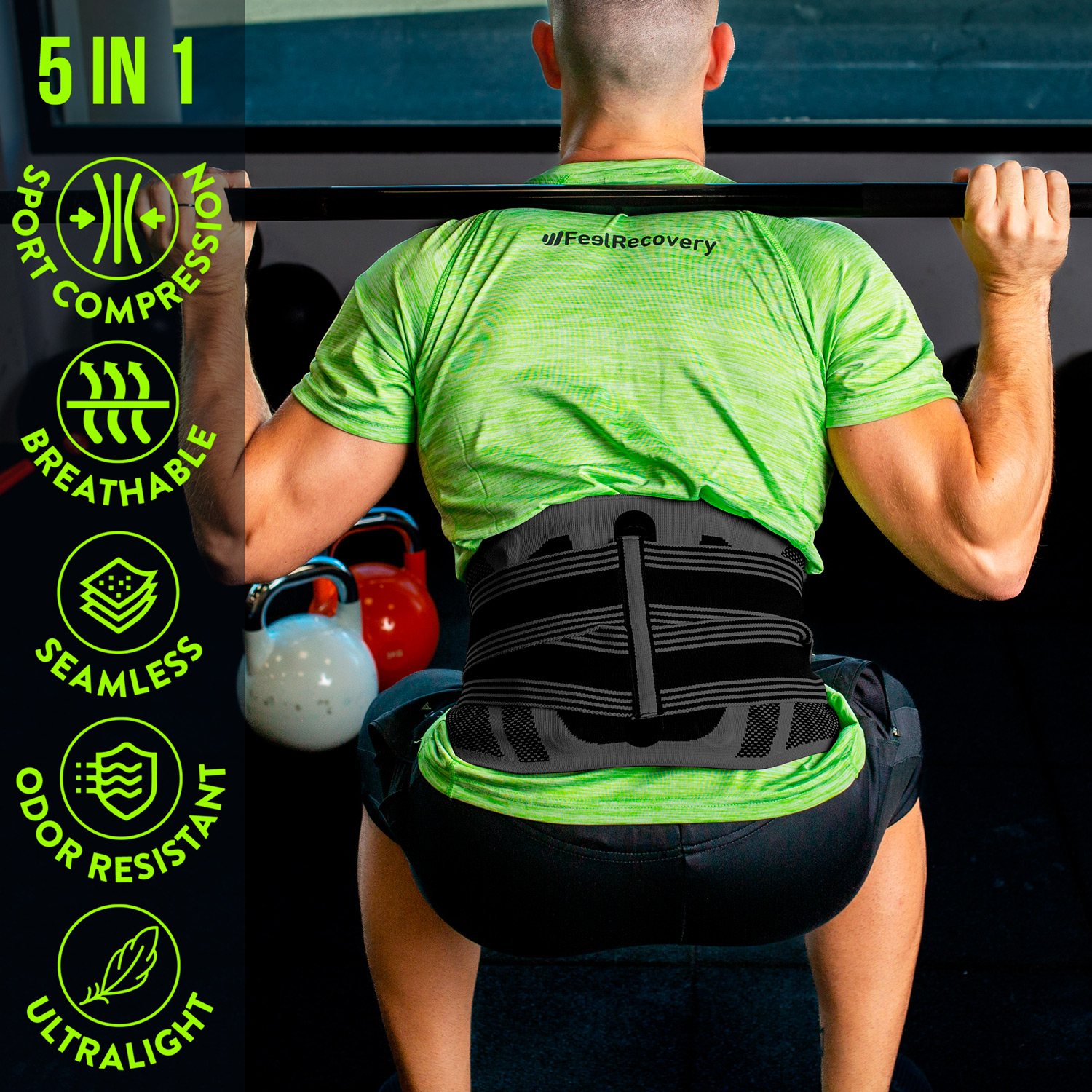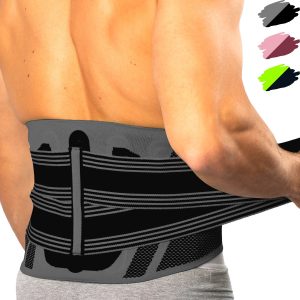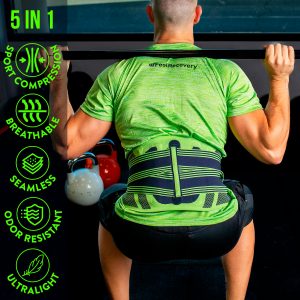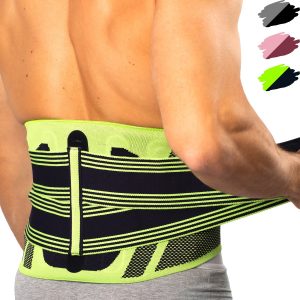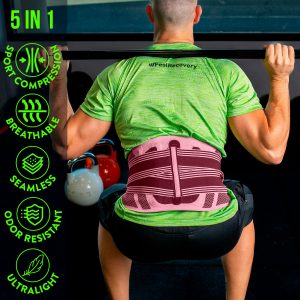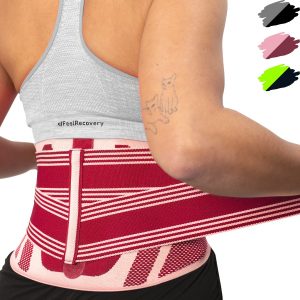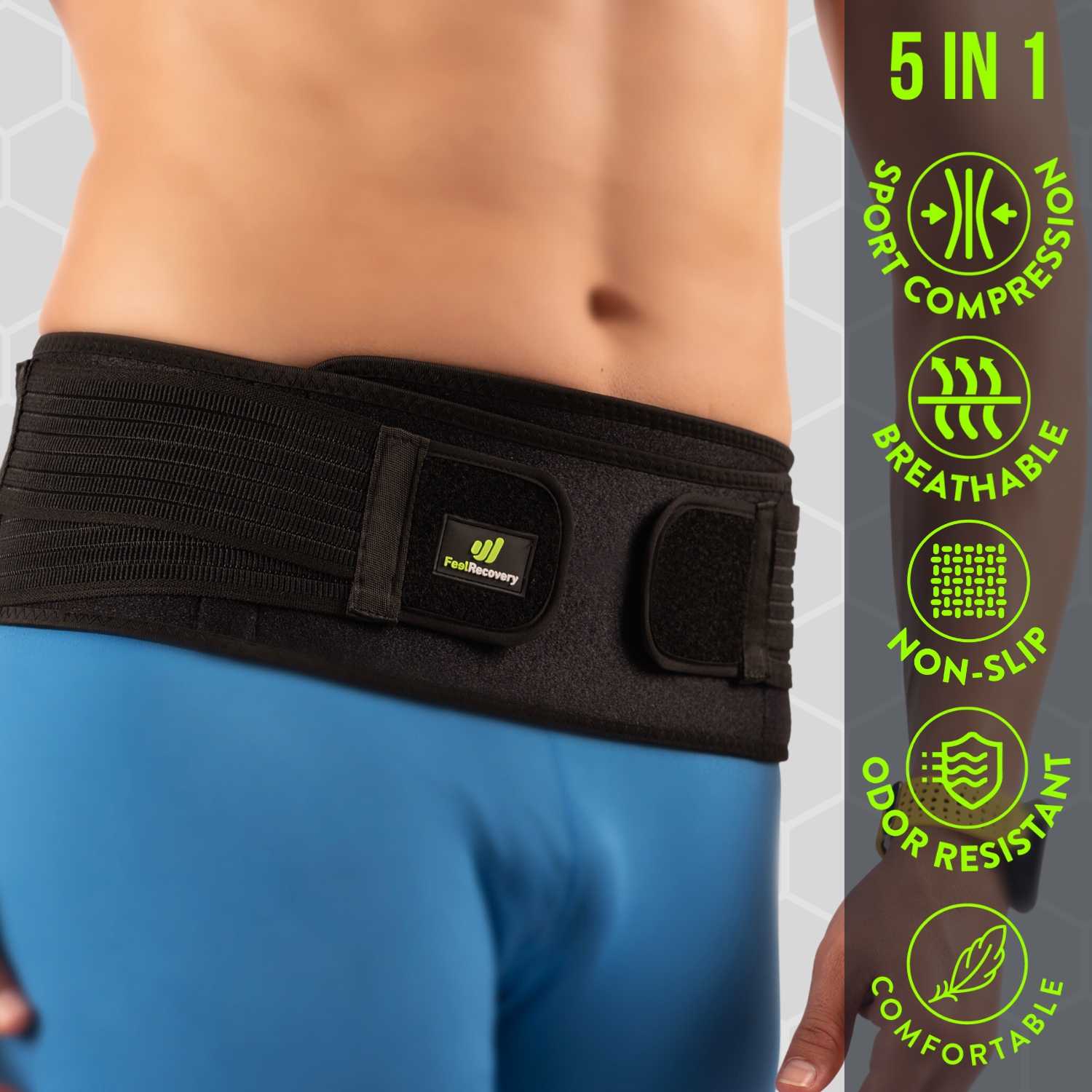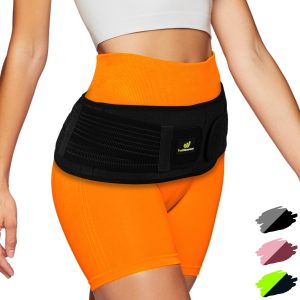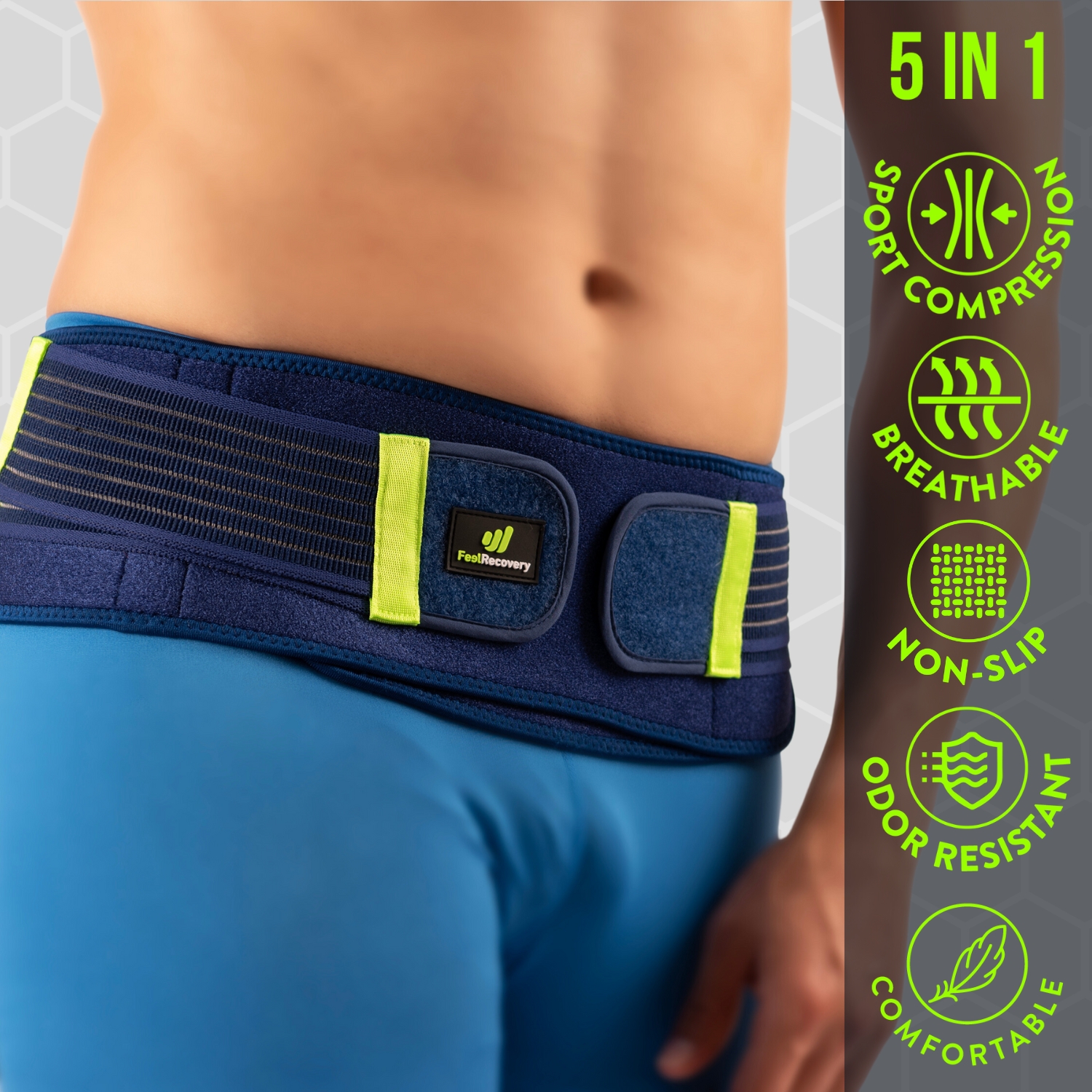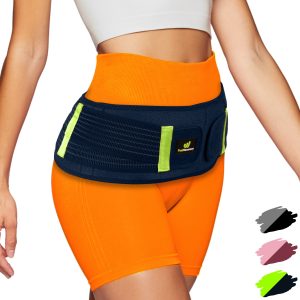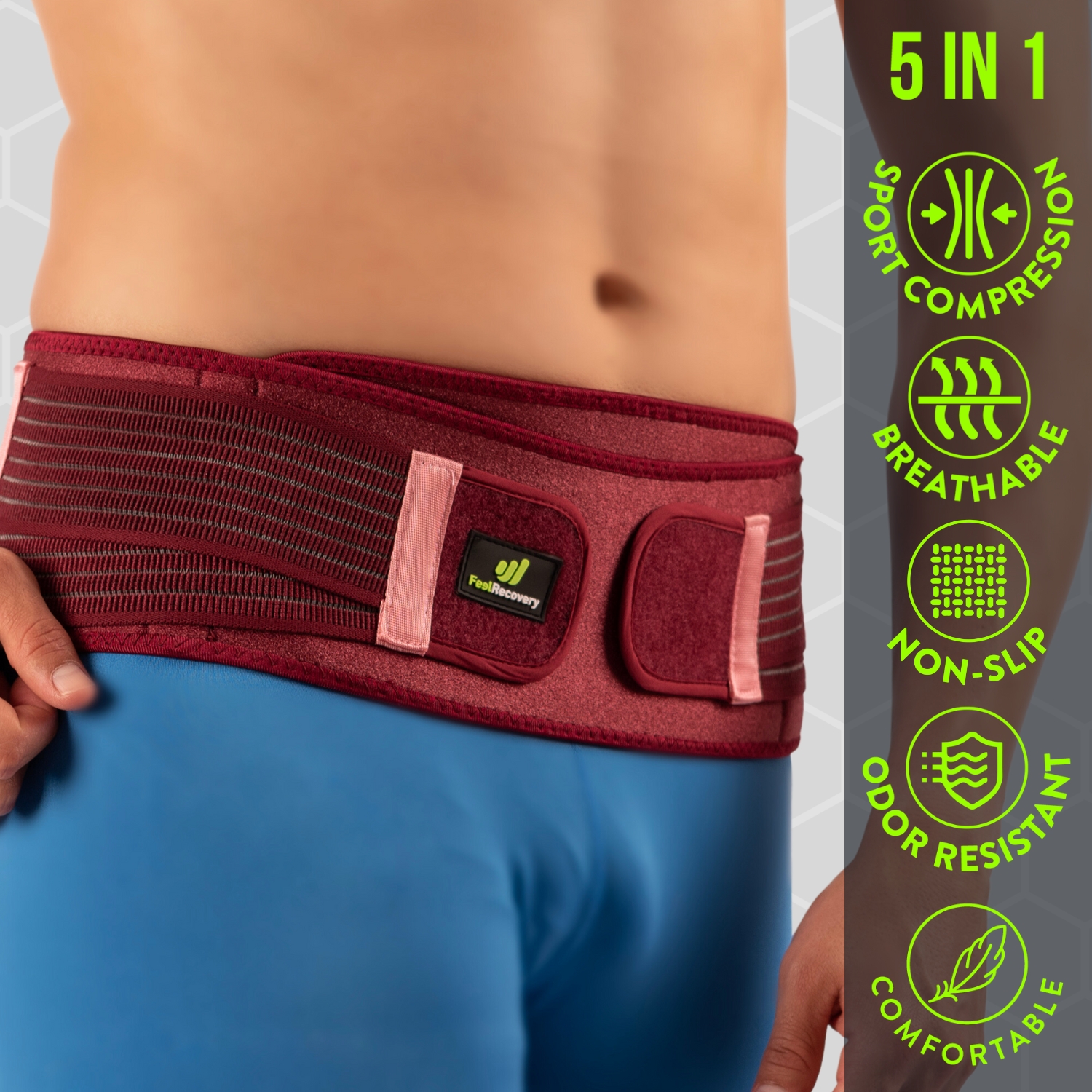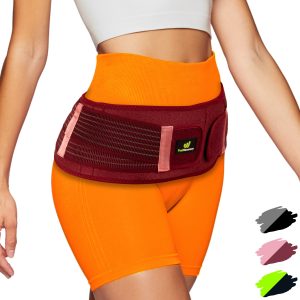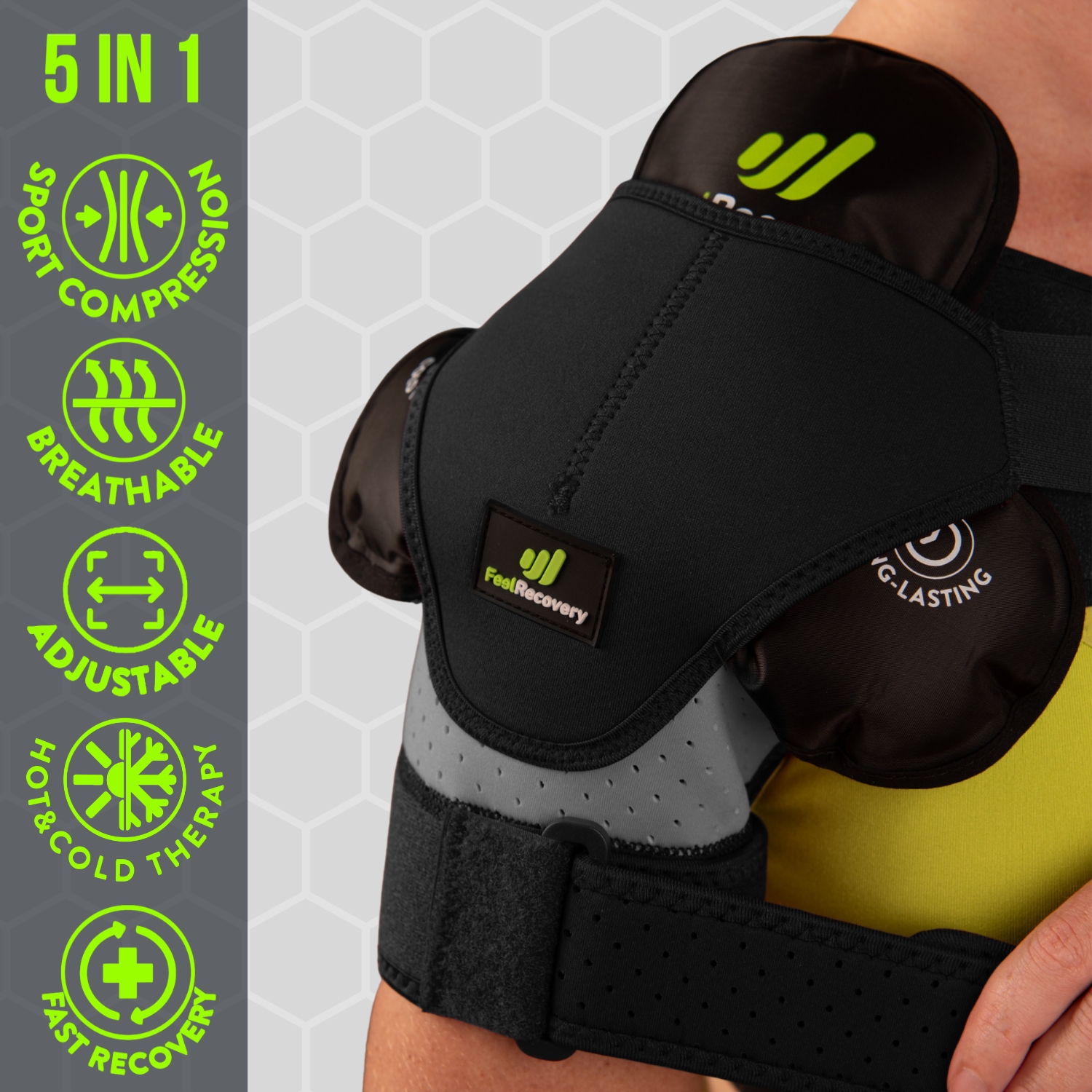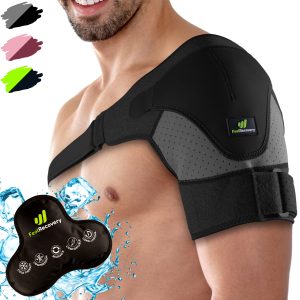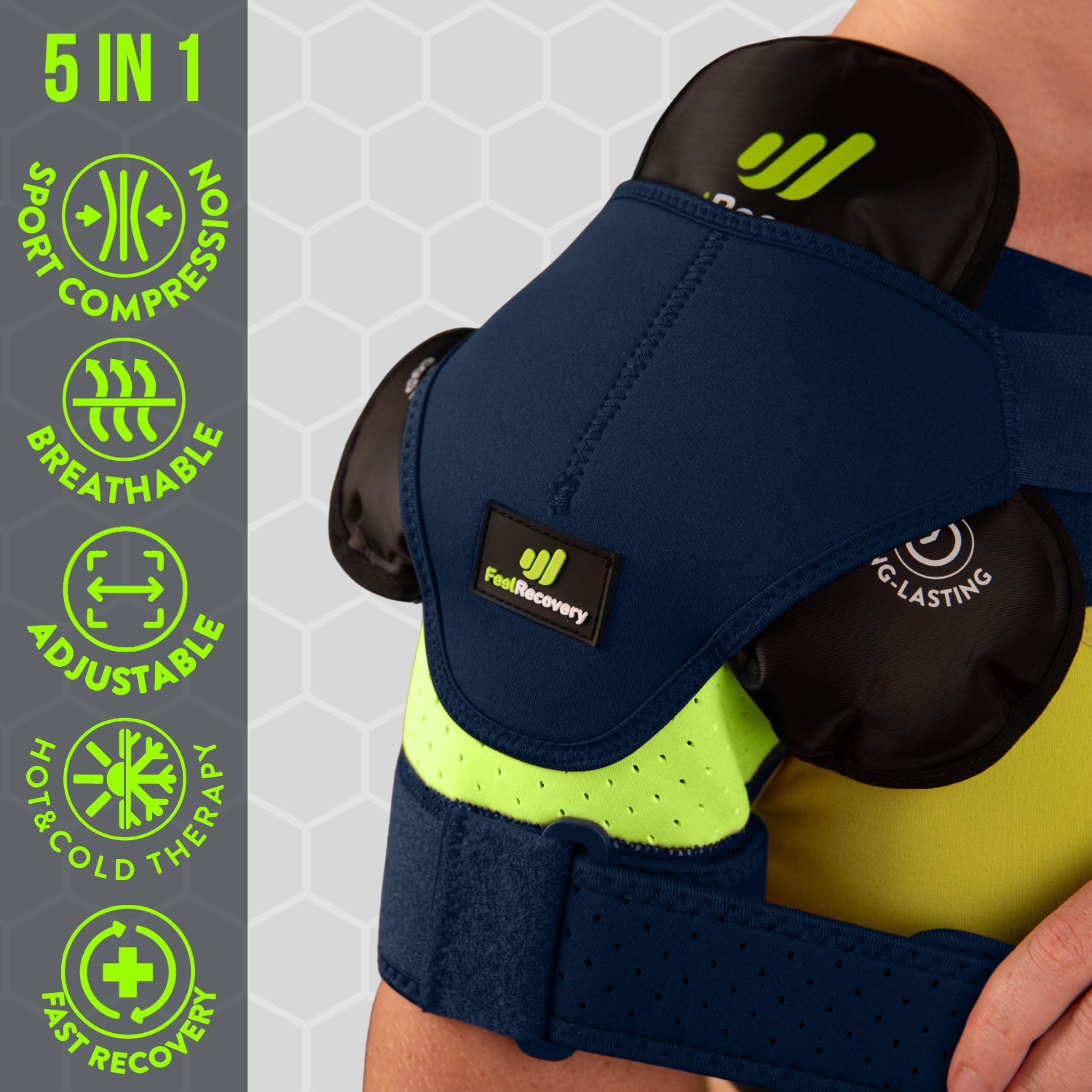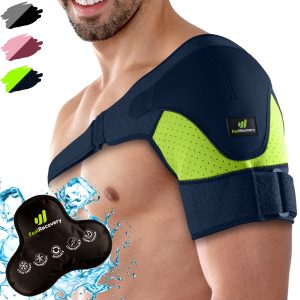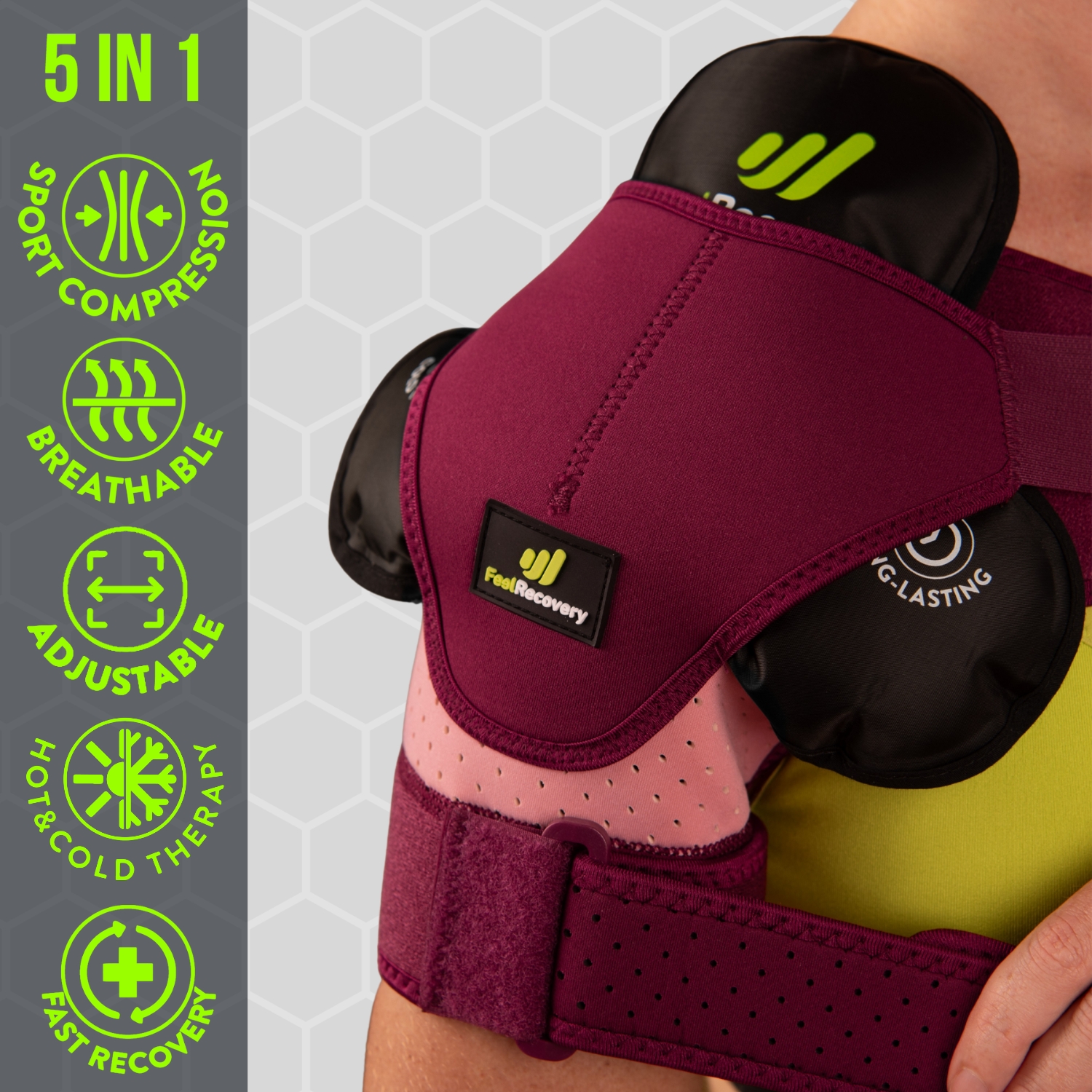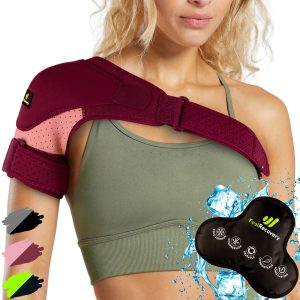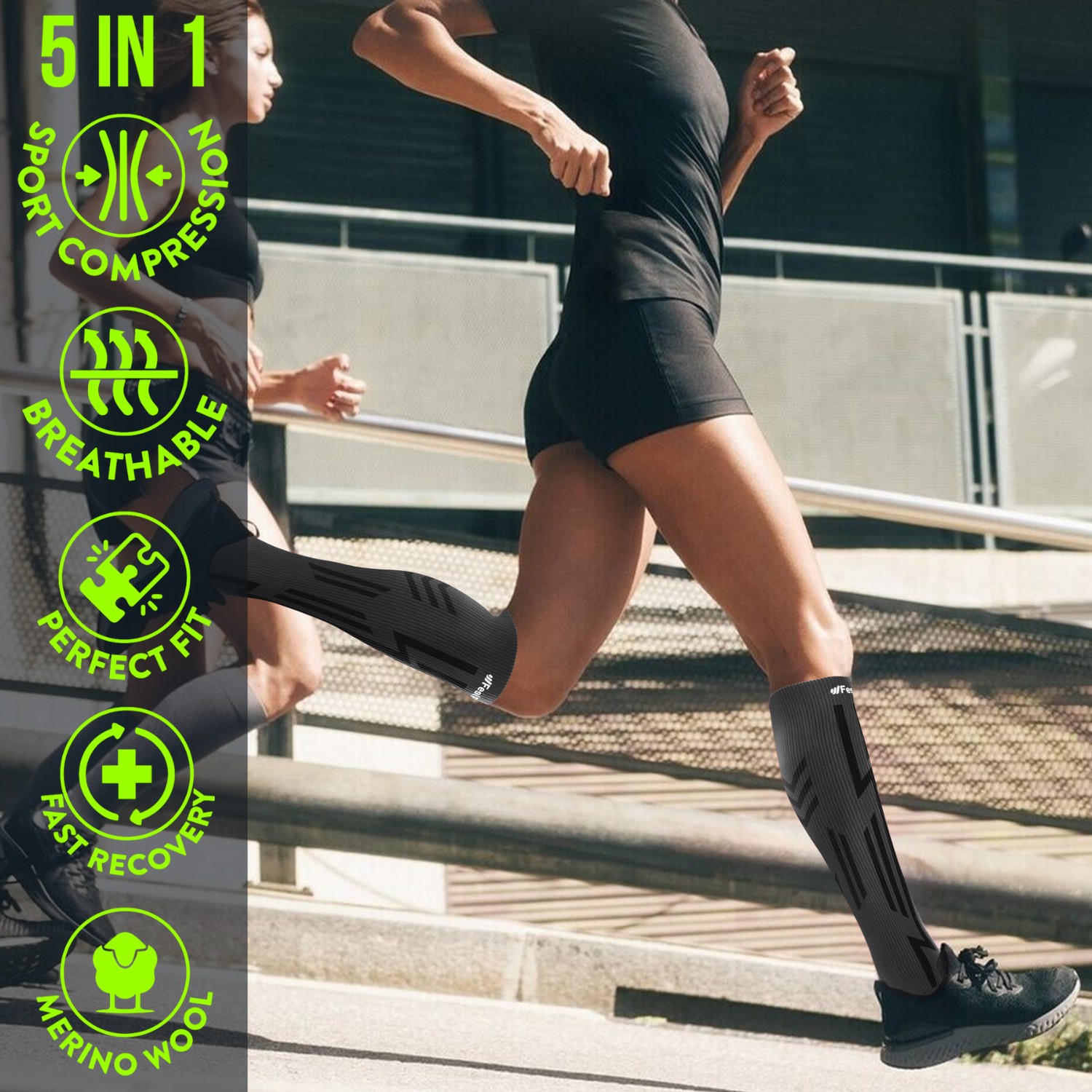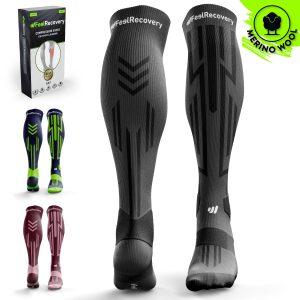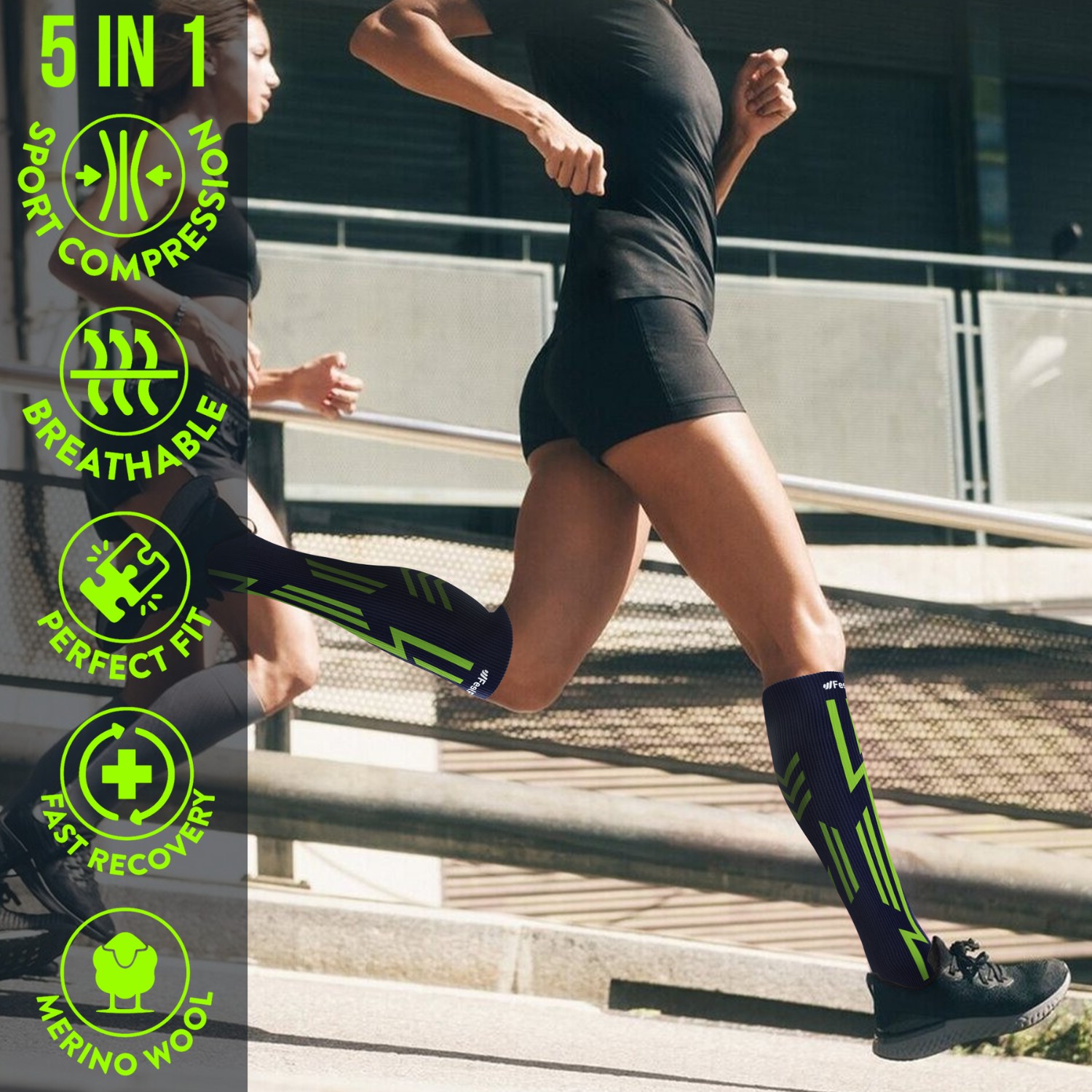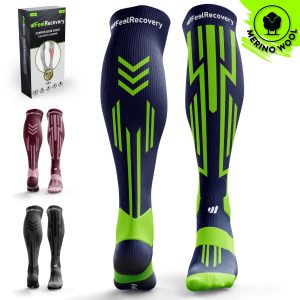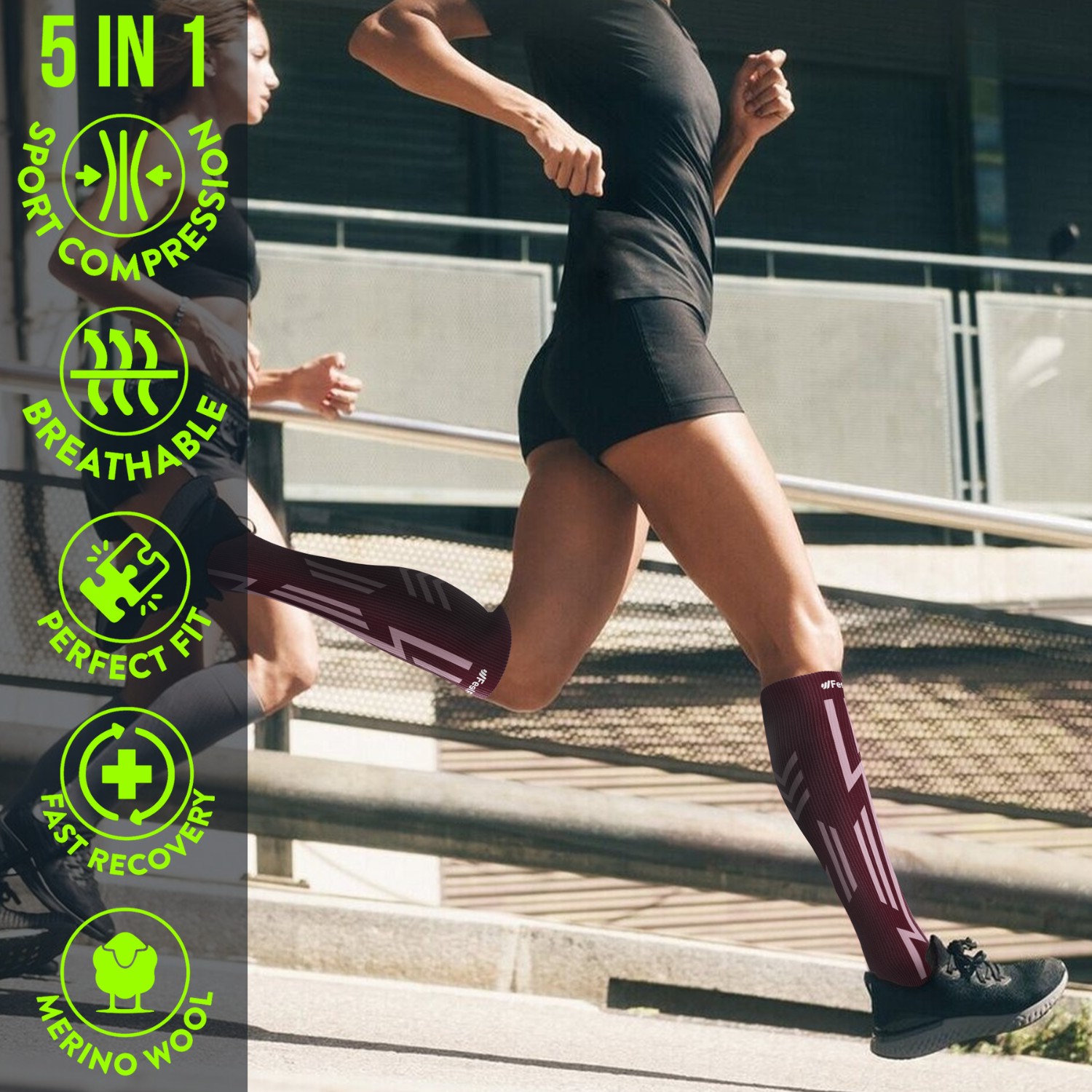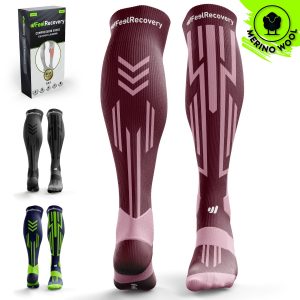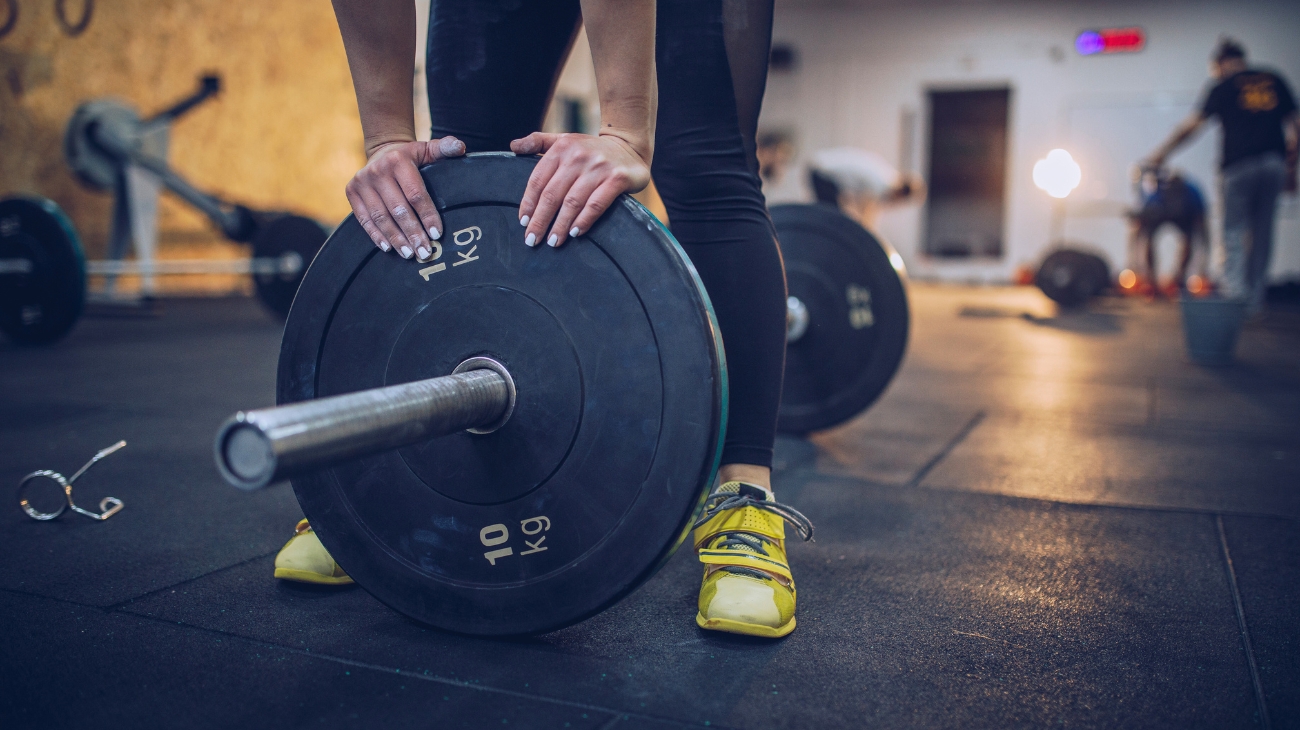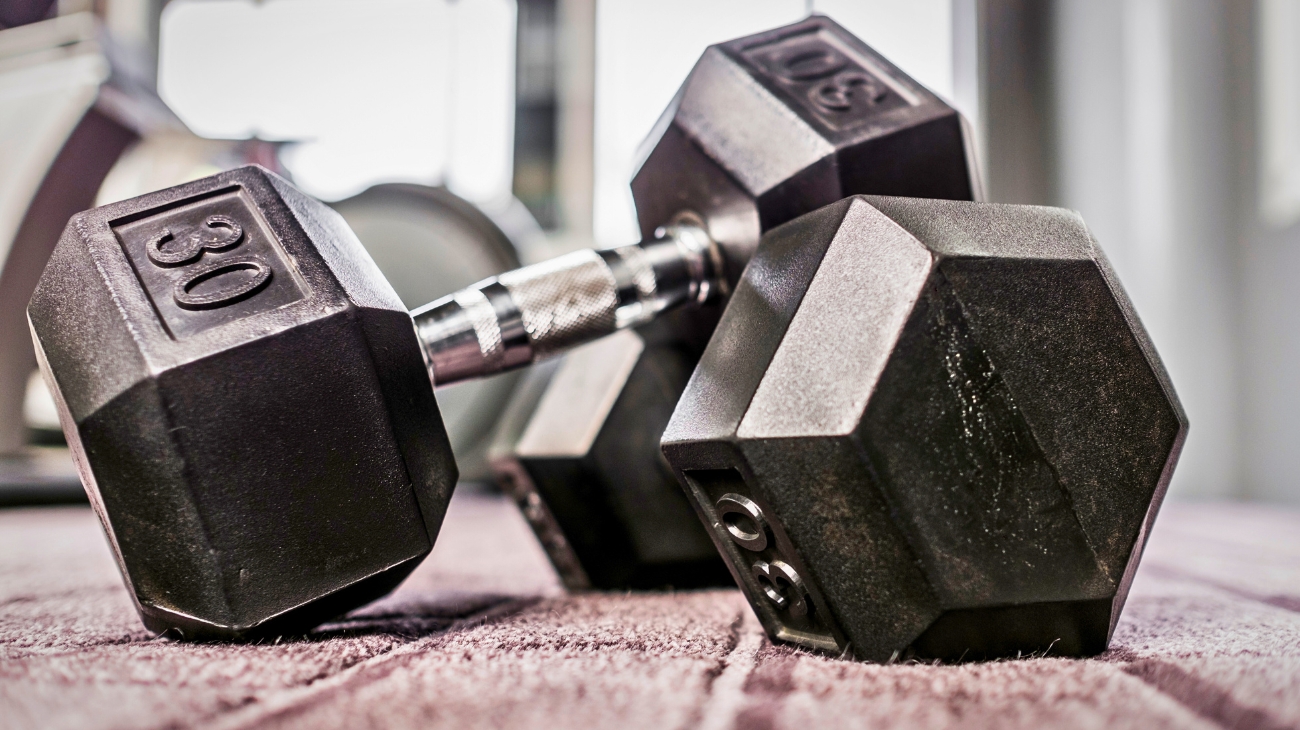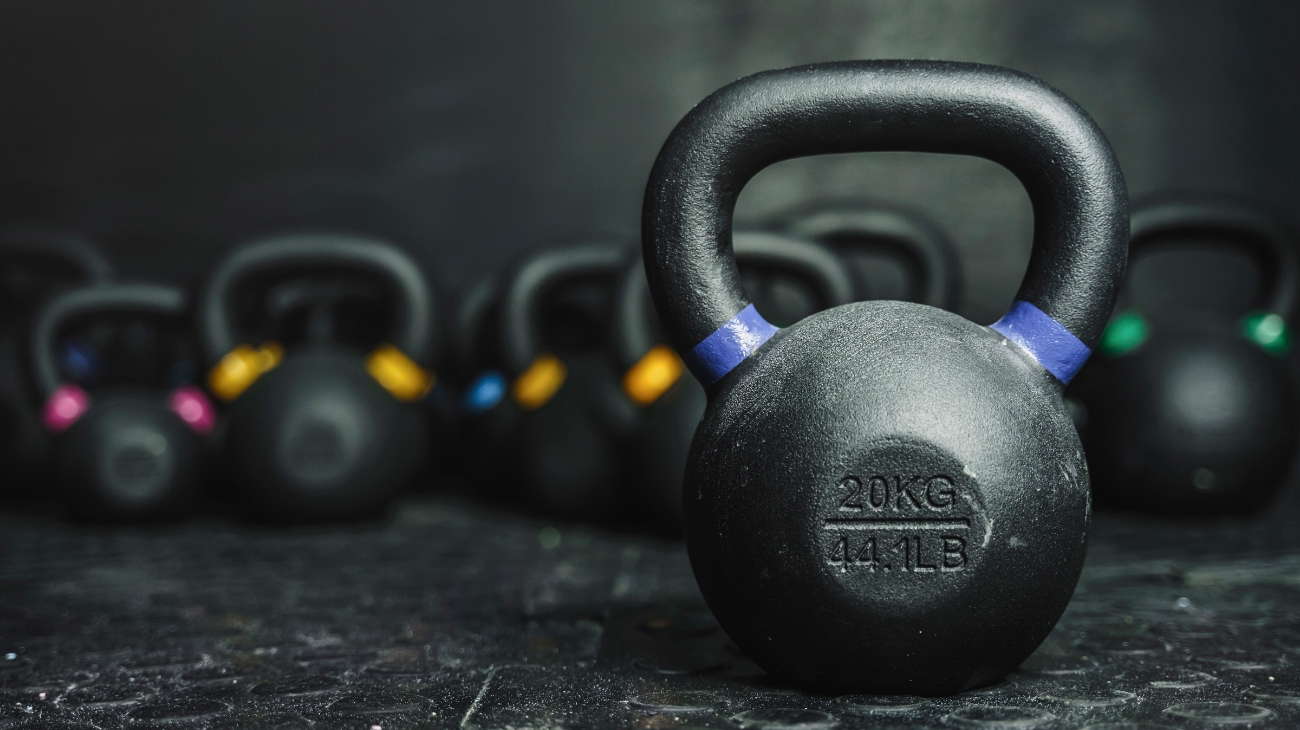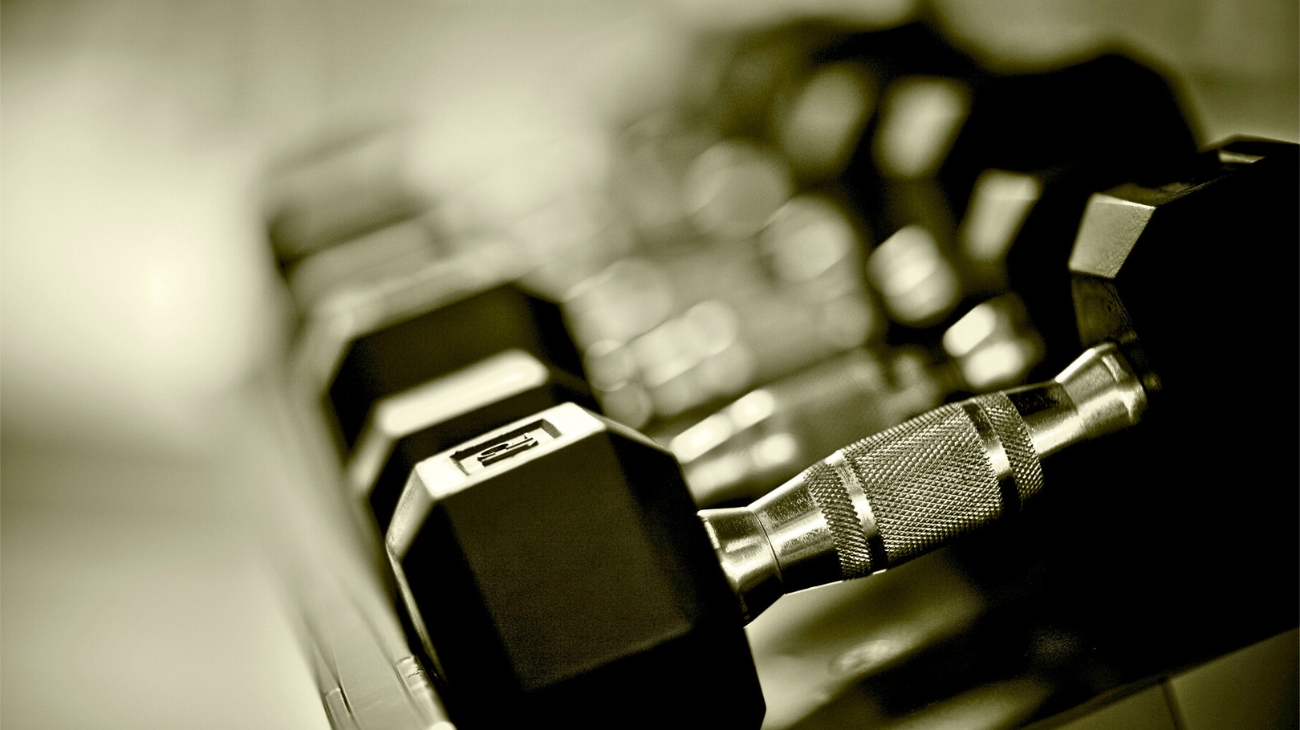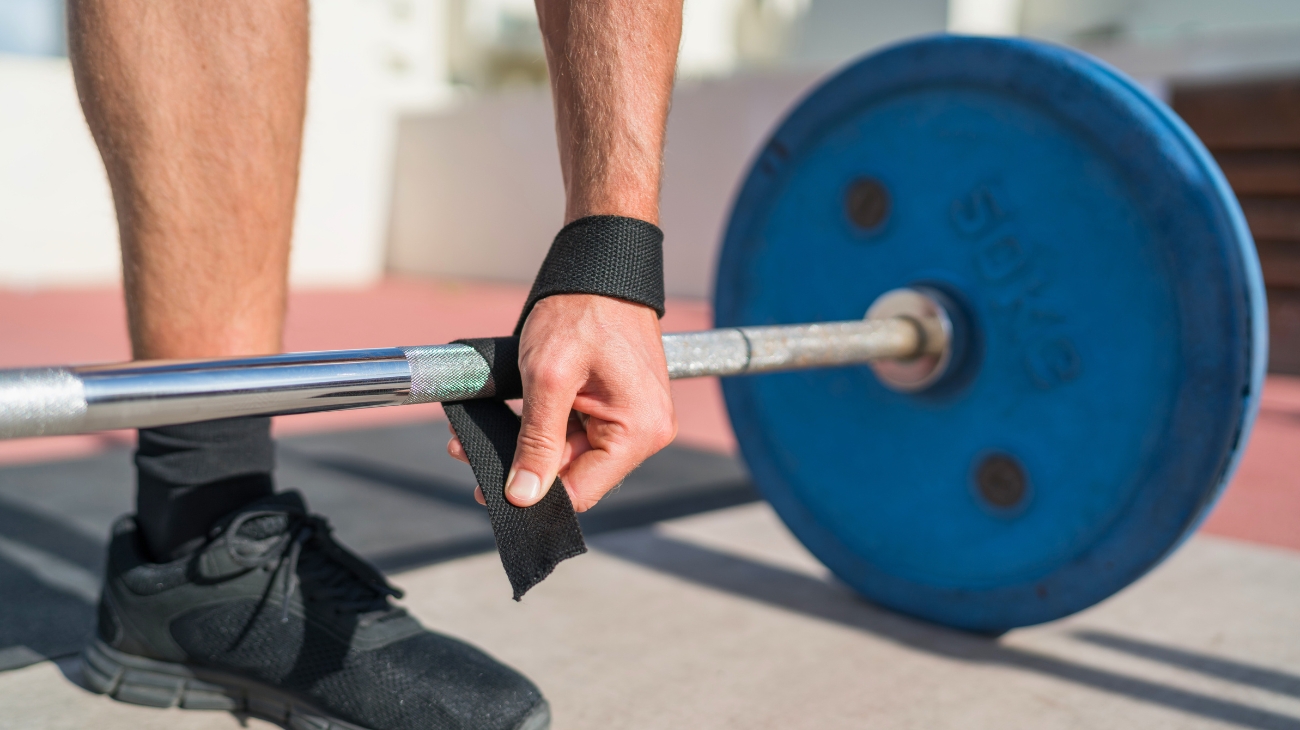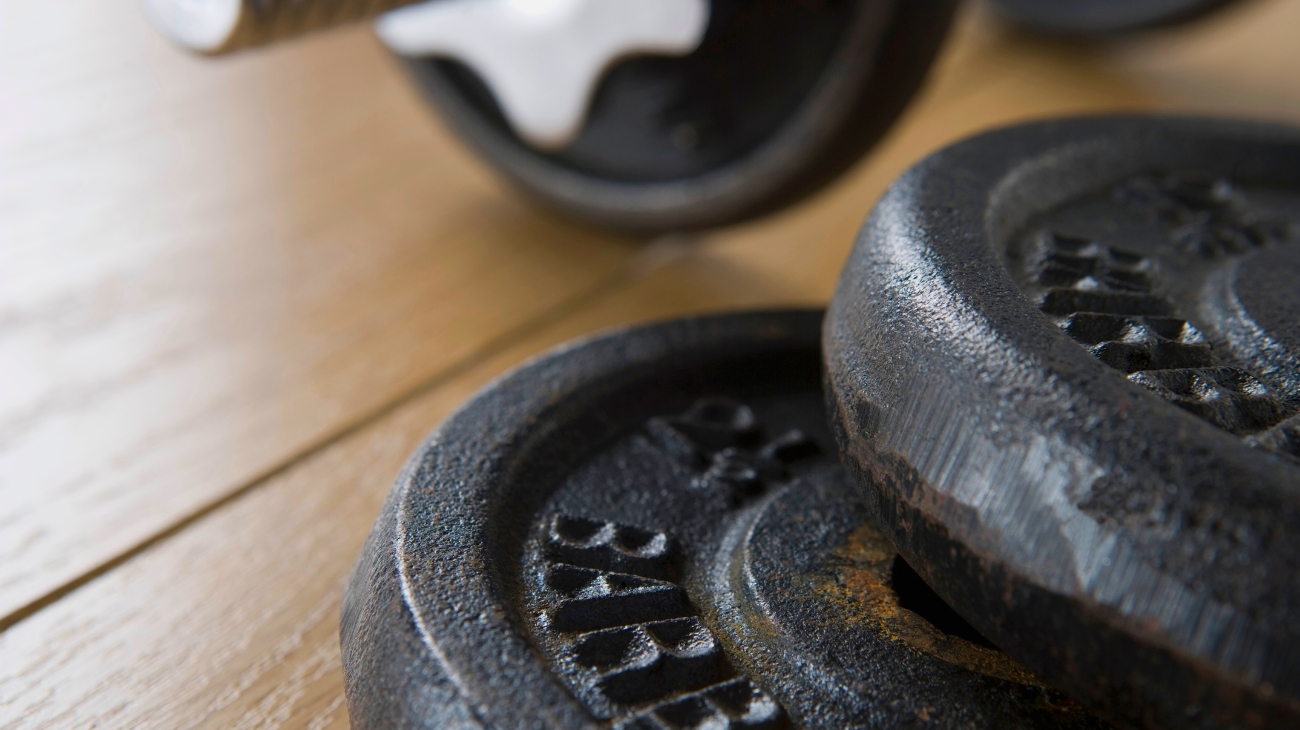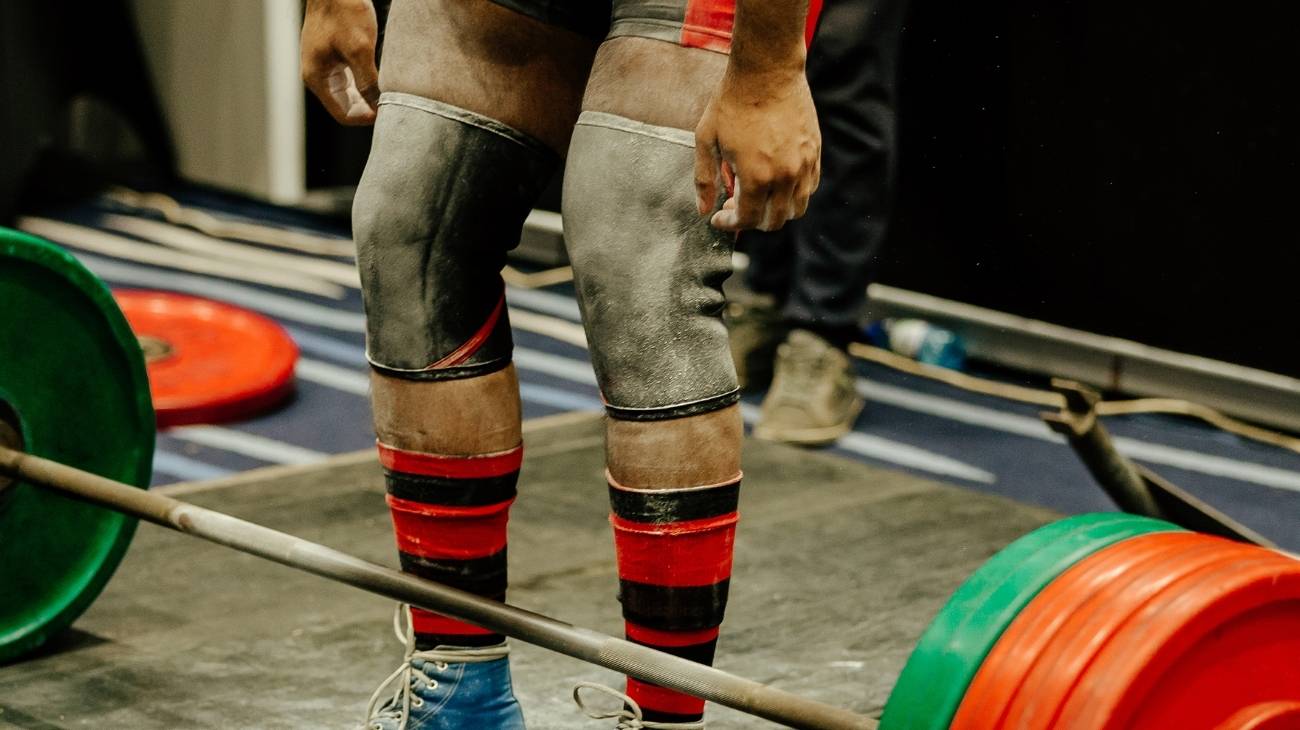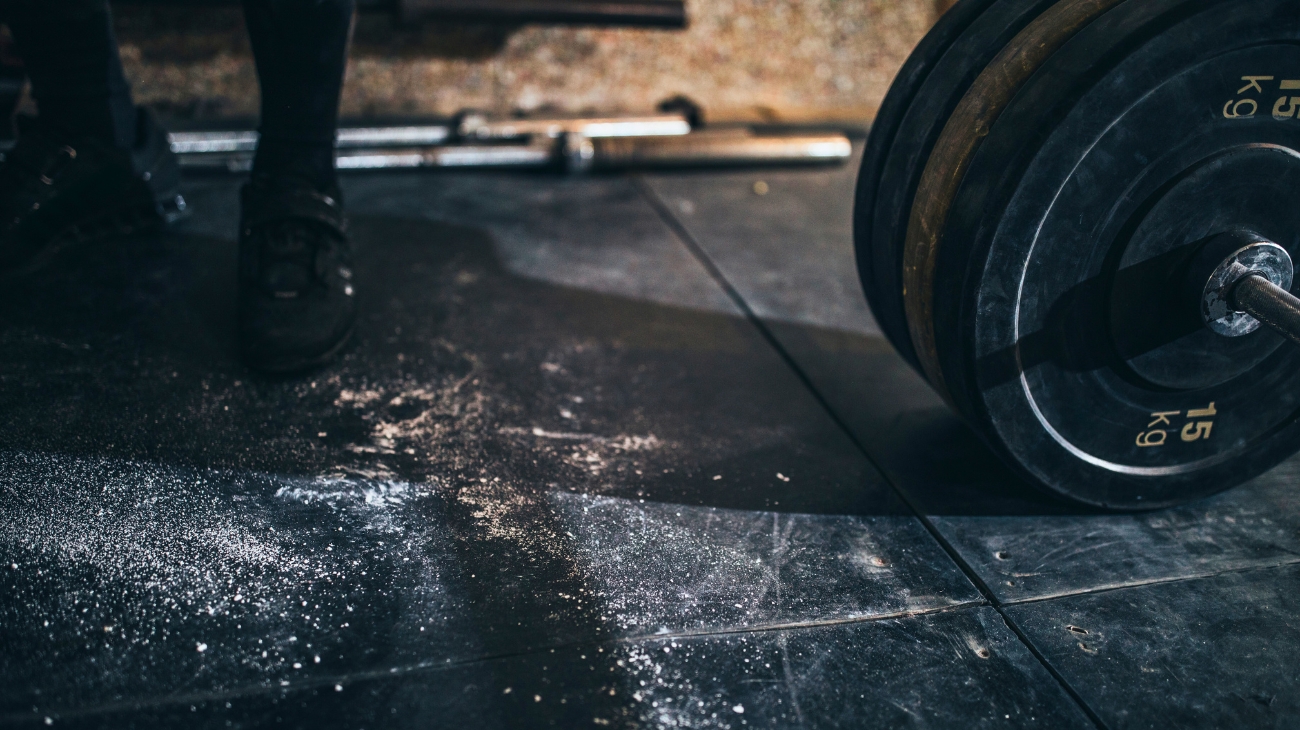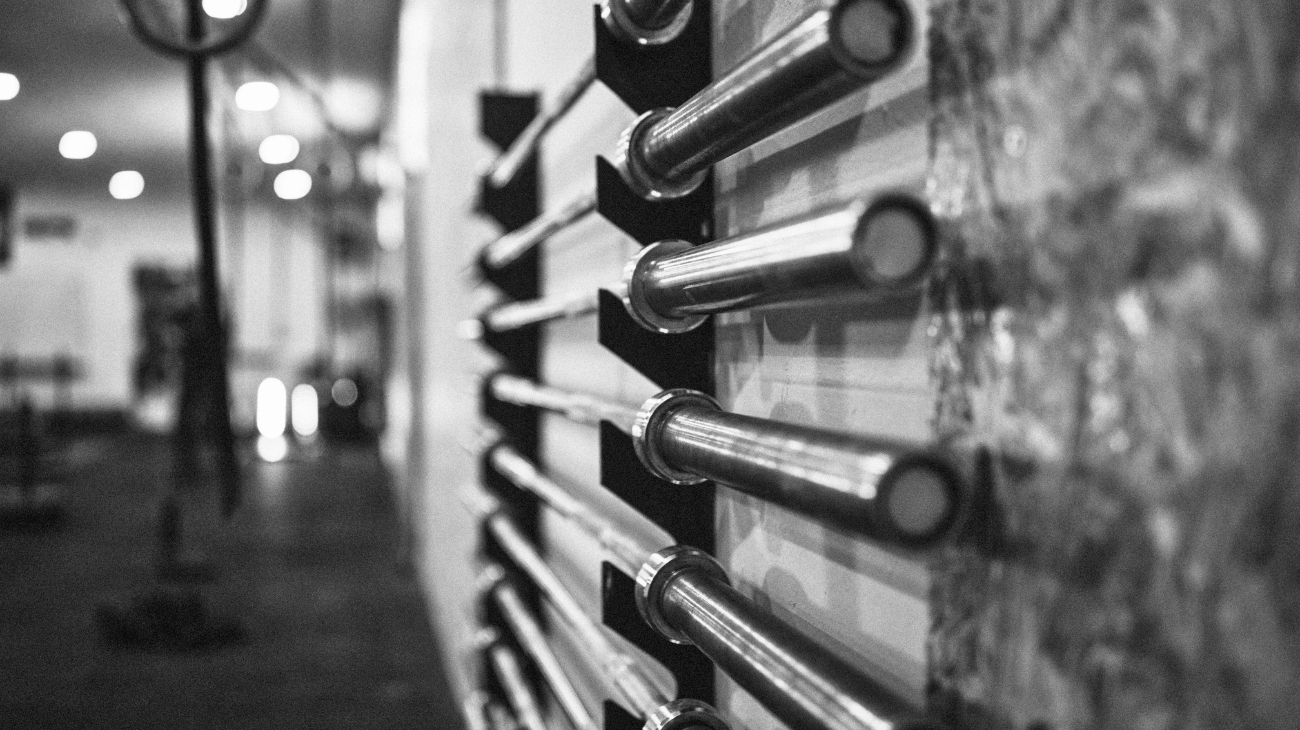Weightlifting is a high-intensity activity that demands optimal performance and strength. However, repeated heavy lifting and improper form can result in injuries such as wrist sprains, elbow tendonitis, knee strains, and lower back pain. To maintain peak performance and reduce injury risk, braces, supports, and compression sleeves are essential tools for both prevention and recovery.
Wrist braces provide essential support during lifts like bench presses, cleans, and snatches. They help stabilize the wrist joint, preventing hyperextension and sprains. A well-fitted wrist brace improves grip strength, offering the security you need when handling heavy weights.
Elbow supports and compression sleeves are particularly effective for preventing and managing elbow tendonitis or “tennis elbow”, which is common in weightlifters. These supports offer compression, reduce inflammation, and enhance circulation, speeding up recovery and minimizing discomfort during lifts.
For the knees, knee braces and compression sleeves provide crucial support during squats, deadlifts, and lunges. These aids help reduce strain on the knee joint, protect ligaments, and enhance stability. Compression sleeves can also reduce muscle soreness and swelling, improving post-workout recovery.
Lower back braces and lumbar support belts are essential for protecting against strains and injuries during heavy lifts like deadlifts and squats. They provide core stabilization and limit excessive spinal flexion, helping you maintain proper posture and reduce the risk of lower back injuries.
When selecting the best braces, supports, or compression sleeves, look for features like breathable, moisture-wicking materials such as neoprene and elastic blends. Adjustable straps, ergonomic designs, and reinforced stitching ensure a secure and comfortable fit. Choosing the right product can significantly enhance your performance and reduce injury risk.
Incorporating these supports into your weightlifting routine, along with proper warm-ups, technique, and rest, will help you lift safely and achieve long-term gains without setbacks. Whether you’re a professional athlete or a fitness enthusiast, these tools are invaluable for keeping you strong and injury-free.
FAQ: Frequently Asked Questions
What are the benefits of wearing braces for weightlifting?
Braces provide joint stability, prevent injuries, and reduce strain on areas like wrists, elbows, knees, and the lower back, helping you lift safely.
How do I choose the right support for weightlifting?
Select supports based on the specific area of discomfort or injury. For example, use wrist braces for wrist pain and lumbar belts for lower back support.
Are compression sleeves effective for weightlifting?
Yes, compression sleeves improve circulation, reduce inflammation, and support muscles, enhancing performance and recovery.
Can I use lower back braces for heavy lifts?
Absolutely. Lower back braces help stabilize the spine and prevent injuries during heavy lifts like deadlifts and squats.
How should I care for my weightlifting braces?
Hand wash with mild soap and air dry to maintain the elasticity and integrity of the material. Avoid high heat to prevent damage.


